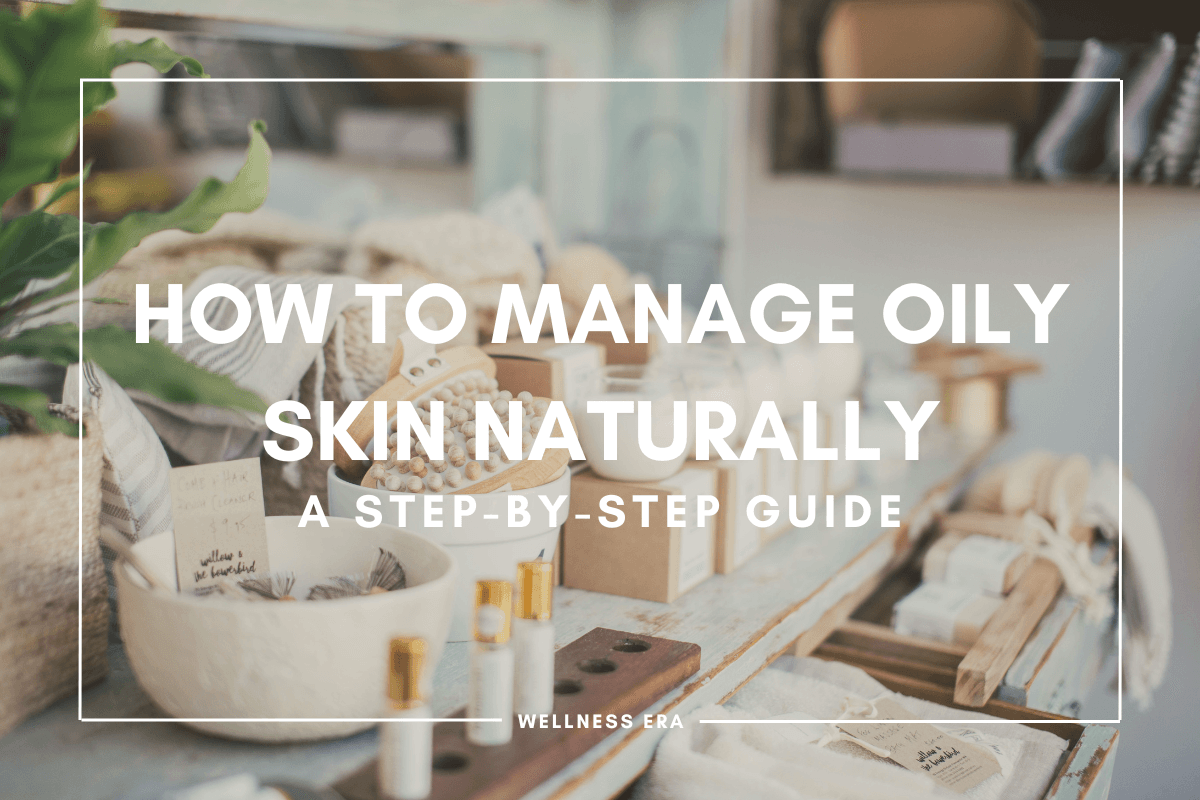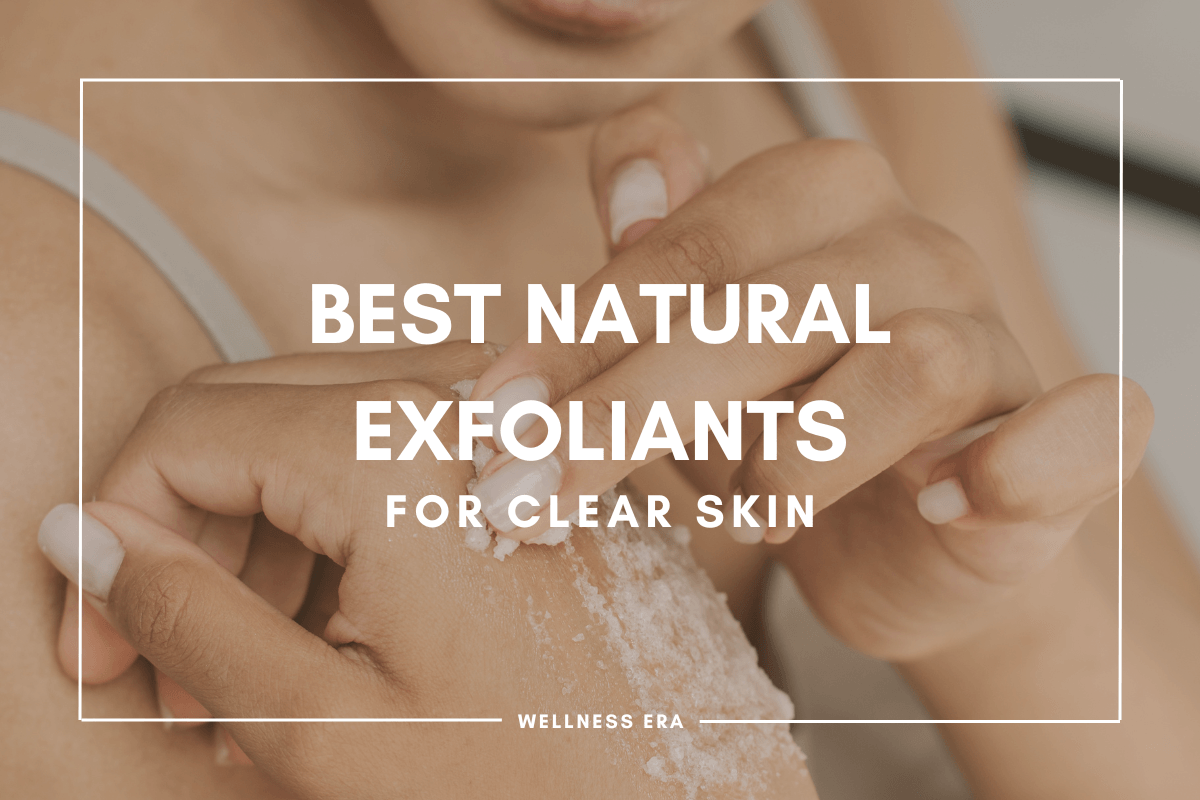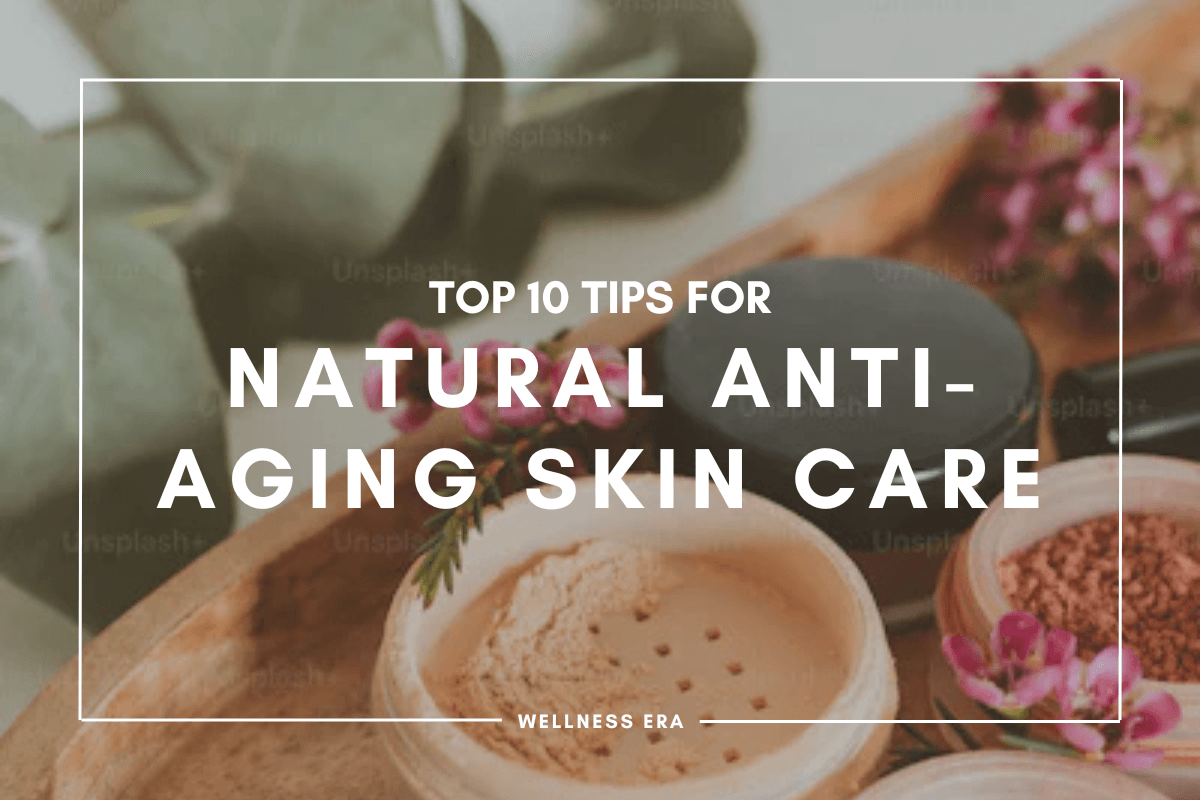Complete Guide to Natural Skin Care for Beginners
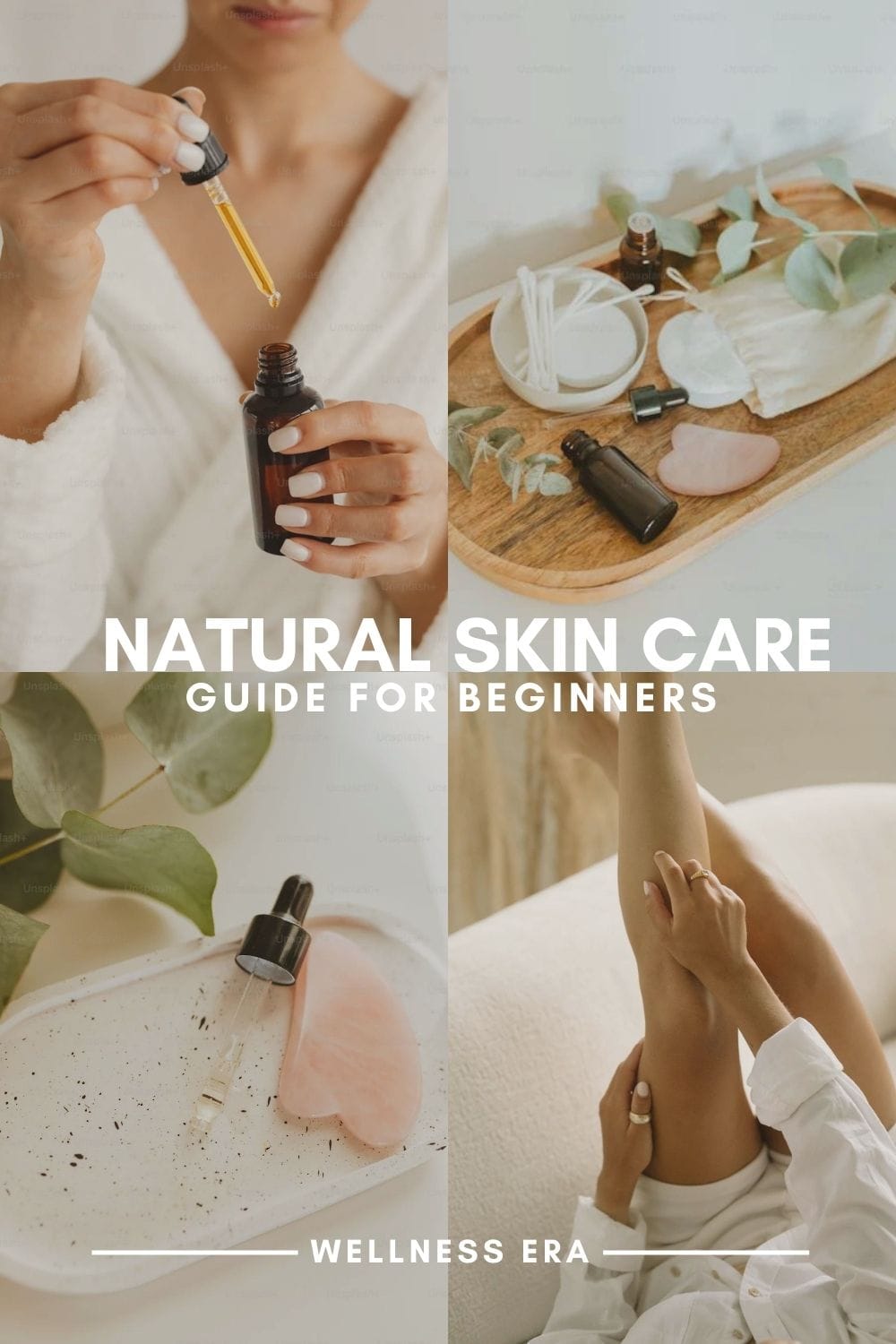

My journey into natural skincare started with a struggle I know many can relate to: acne. Like so many others, I battled with breakouts that left me feeling self-conscious. I tried everything I could get my hands on—BB creams, all kinds of products, creams, face washes—but nothing seemed to work. That is, until I stopped trying to cover my skin issues and started looking at what was causing them. I soon realized that my diet and the products I was using on my skin were filled with ingredients my body just didn’t agree with. This discovery marked a turning point.
That’s why I’m passionate about sharing the power of natural skincare with you. It’s not just about achieving glowing skin—it’s about understanding how the products you use impact your health and the environment. Clean beauty is a movement toward being kinder to your skin, your body, and the planet. And trust me, once you start, you’ll never look back.
"This blog post is a comprehensive guide to natural skin care and may take some time to read fully. If you'd like to skip ahead, feel free to use the table of contents to jump to the sections that interest you most."
1. What Is Clean Beauty? A Beginner's Guide
If you’re new to the world of clean beauty, welcome! It can feel overwhelming at first, but the idea is simple: clean beauty refers to skincare products that are free from harmful chemicals and made with safe, non-toxic ingredients. In other words, clean beauty puts your health and well-being first.
Conventional skincare products often contain ingredients like parabens, sulfates, and synthetic fragrances—chemicals that, over time, can irritate the skin and, in some cases, may even contribute to health issues. Clean beauty seeks to avoid these harmful substances in favor of ingredients that nourish the skin without compromising your health.
Think of clean beauty as a skincare routine that’s as good for you as it is for the environment. With natural ingredients like plant extracts, oils, and vitamins, clean beauty products are designed to work in harmony with your body, supporting its natural processes.
But clean beauty isn’t just about what’s left out—it’s also about what’s included. High-quality, nature-derived ingredients that offer real benefits for your skin. These ingredients are not only effective but also sustainable and often cruelty-free, making them a perfect choice for anyone who cares about both beauty and the planet.
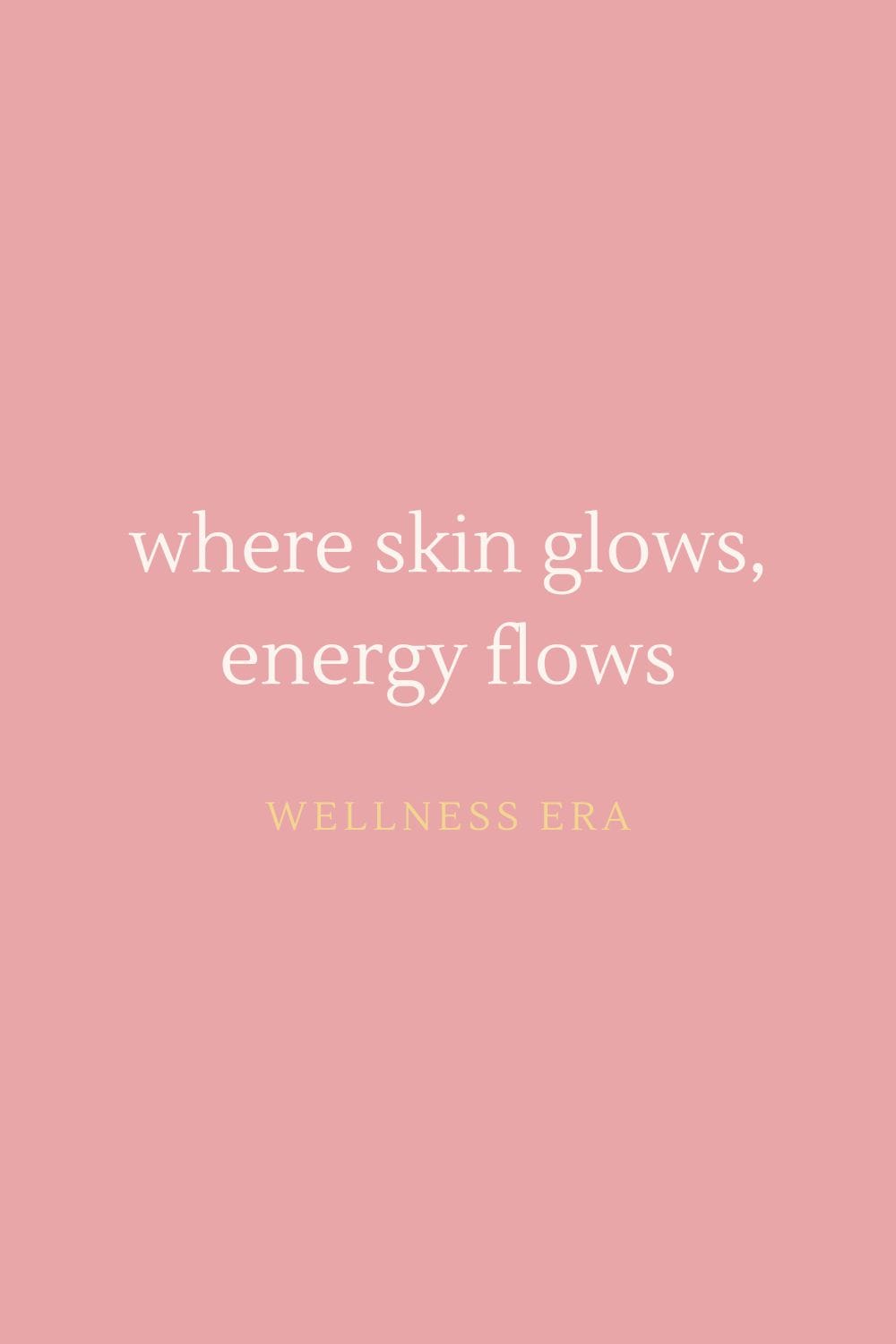

2. Why Choose Natural Skincare: The Benefits of Going Clean and Green
Switching to natural skincare isn’t just about embracing a trend—it’s a choice that has profound benefits for both your skin and overall health. Many conventional skincare products contain a cocktail of chemicals, preservatives, and synthetic fragrances that can do more harm than good in the long run. Understanding what these ingredients are and how they can affect your body is the first step toward making informed, healthier choices.
Harmful Ingredients in Conventional Products
Many traditional skincare products are loaded with potentially harmful chemicals, such as parabens and sulfates, which have been linked to various health concerns. Parabens, commonly used as preservatives, have been found to mimic estrogen in the body, which may disrupt the endocrine system and contribute to hormonal imbalances (Darbre et al., 2004). Sulfates, often used in cleansers and shampoos to create foam, can strip the skin of its natural oils, leading to dryness and irritation, particularly for sensitive skin types (Willemsen et al., 2013).
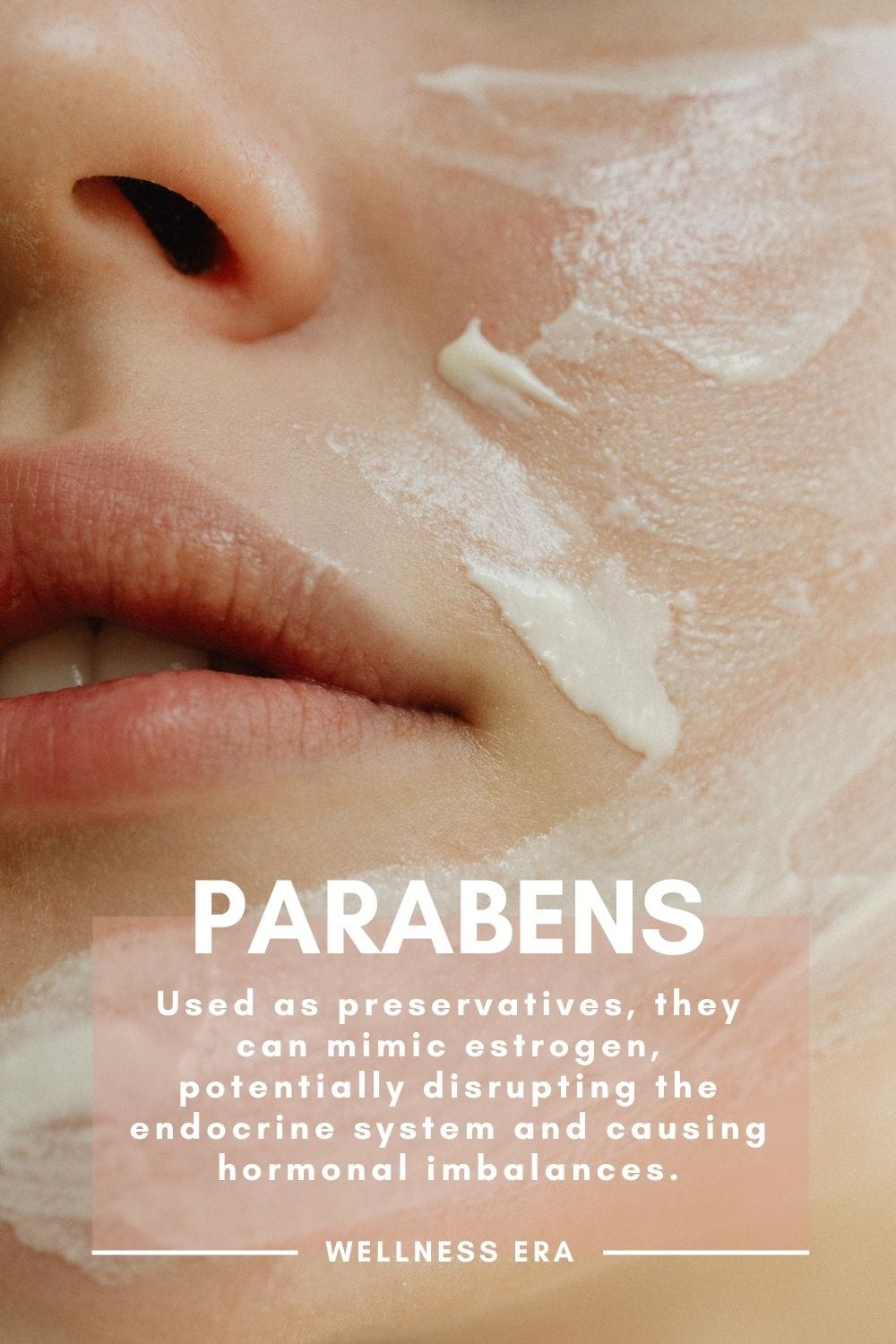
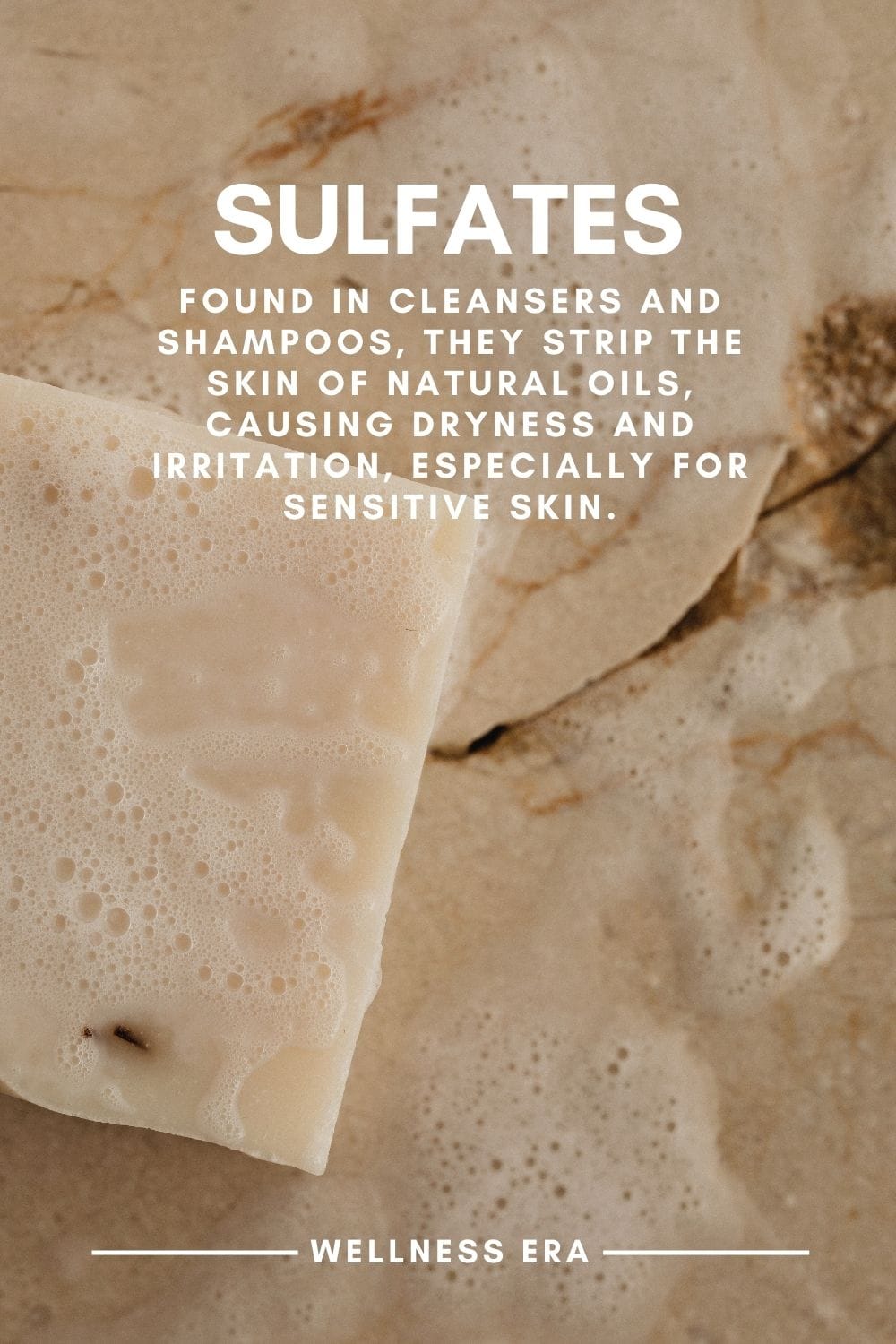
The Benefits of Going Natural
Switching to natural skincare offers numerous benefits. One of the primary advantages is reducing your exposure to toxins. Natural products use ingredients that are more compatible with the skin, such as plant-based oils, extracts, and essential oils, which can soothe, hydrate, and repair the skin without introducing potentially harmful chemicals. Research has shown that plant-based oils like jojoba oil and argan oil can mimic the skin’s natural sebum, helping to balance hydration levels and improve skin barrier function (Burlando & Cornara, 2013).
Another significant benefit is reduced irritation. Natural skincare ingredients like aloe vera, known for its soothing and anti-inflammatory properties, can calm the skin and promote healing. Studies suggest that aloe vera not only hydrates the skin but also accelerates wound healing and reduces skin inflammation (Surjushe et al., 2008).
Furthermore, using natural products often means supporting more sustainable practices. Natural ingredients tend to come from eco-friendly sources, and many clean beauty brands focus on ethical sourcing, cruelty-free production, and recyclable packaging.
By choosing natural skincare, you’re not only caring for your skin in the best way possible, but you’re also making a conscious decision to protect your health and the environment.
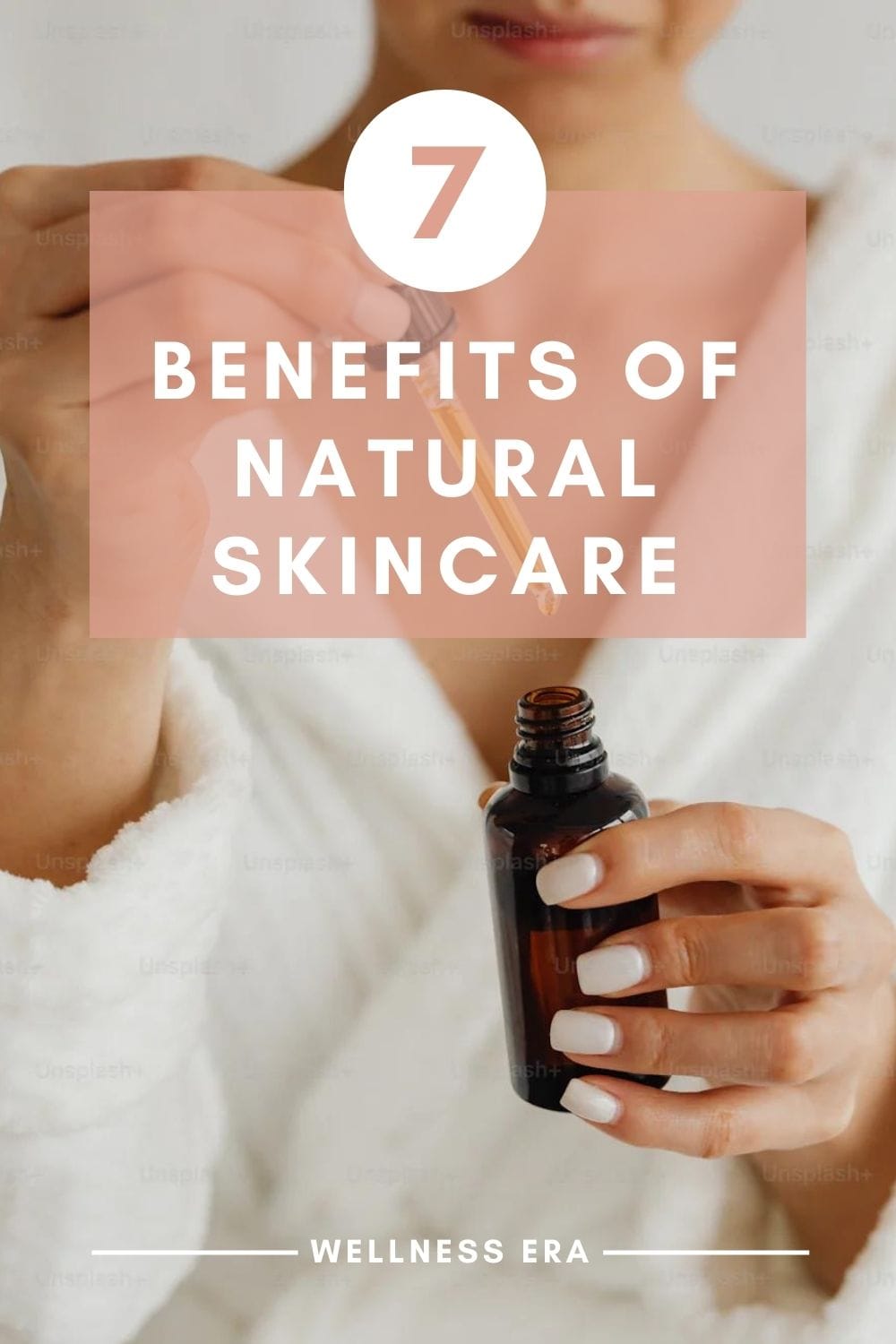
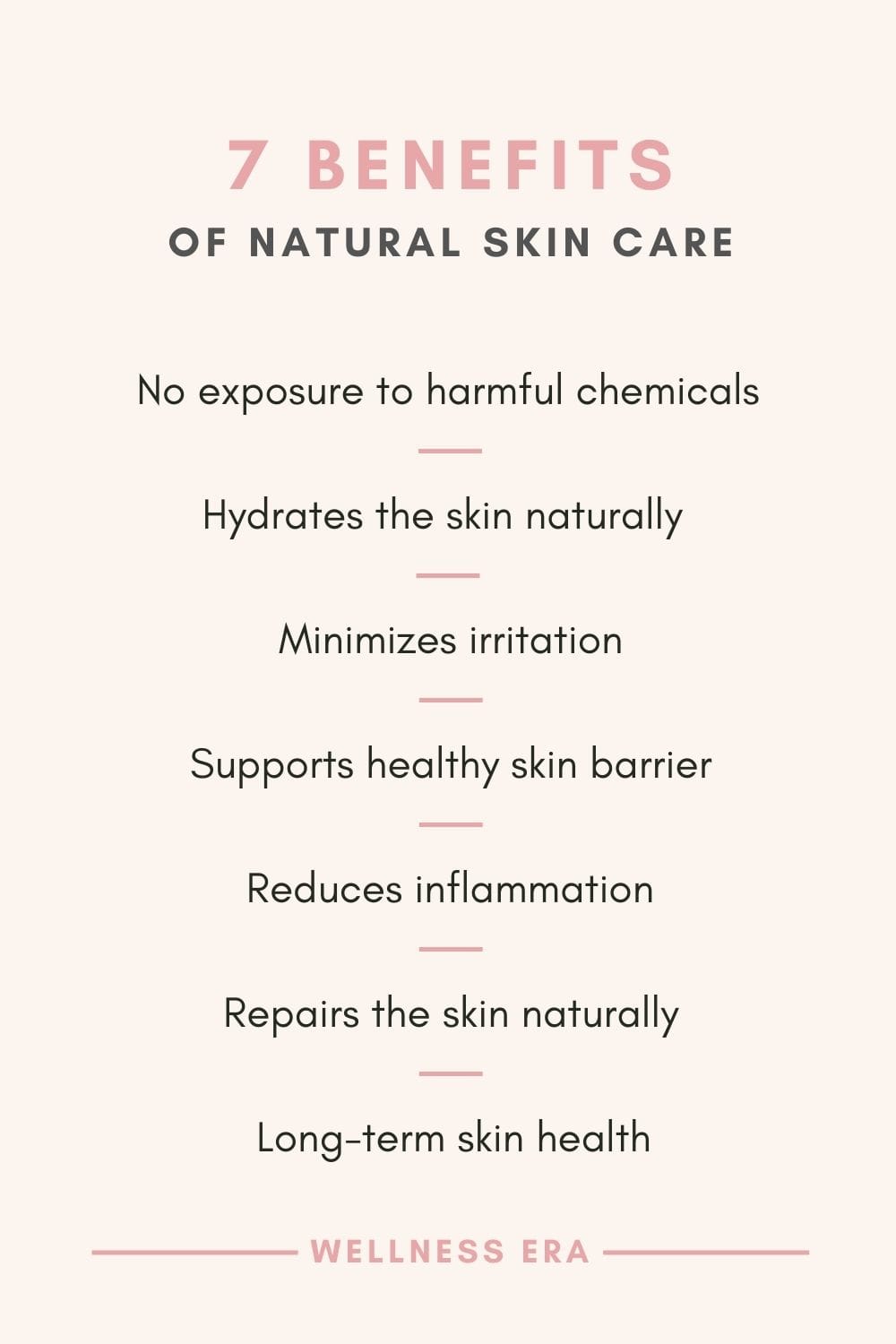
References
Darbre, P.D., Aljarrah, A., Miller, W.R., Coldham, N.G., Sauer, M.J. and Pope, G.S., 2004. Concentrations of parabens in human breast tumours. Journal of Applied Toxicology, 24(1), pp.5-13. (URL: Max Green Alchemy)
Willemsen, M.G.A., Bouman, H.D., and Radstake, M.E., 2013. Sulfate-free cosmetics: A trend or a science-based solution? Cosmetic Dermatology, 26(3), pp.160-166.
Burlando, B. and Cornara, L., 2013. Therapeutic properties of plant-derived oils. Journal of Agricultural and Food Chemistry, 61(17), pp.4337-4343.
Surjushe, A., Vasani, R. and Saple, D.G., 2008. Aloe vera: A short review. Indian Journal of Dermatology, 53(4), pp.163-166. (URL: PubMed Central)
3. Why Natural Ingredients Matter: Understanding What You Put on Your Skin
Have you ever thought about how much your skin absorbs? Your skin is the body’s largest organ, and it’s highly permeable. This means that many of the ingredients in your skincare products can enter your bloodstream through your skin. For this reason, it’s essential to be mindful of what you’re putting on your body.
The Science Behind Skin Absorption
The skin acts as a protective barrier, but certain substances can pass through it via a process called dermal absorption. This process varies depending on the size and solubility of the molecules, but research shows that small, fat-soluble molecules are most easily absorbed through the skin’s outer layer, the stratum corneum (Barry, 2001). This is why the ingredients in skincare products, particularly creams and oils, can have a direct impact on your health.
When using conventional products containing synthetic chemicals, you run the risk of absorbing harmful substances like phthalates and formaldehyde, which have been associated with health risks such as reproductive toxicity and cancer (Singh & Gupta, 2016). Natural skincare products, on the other hand, focus on ingredients that are safe for both topical use and internal absorption.
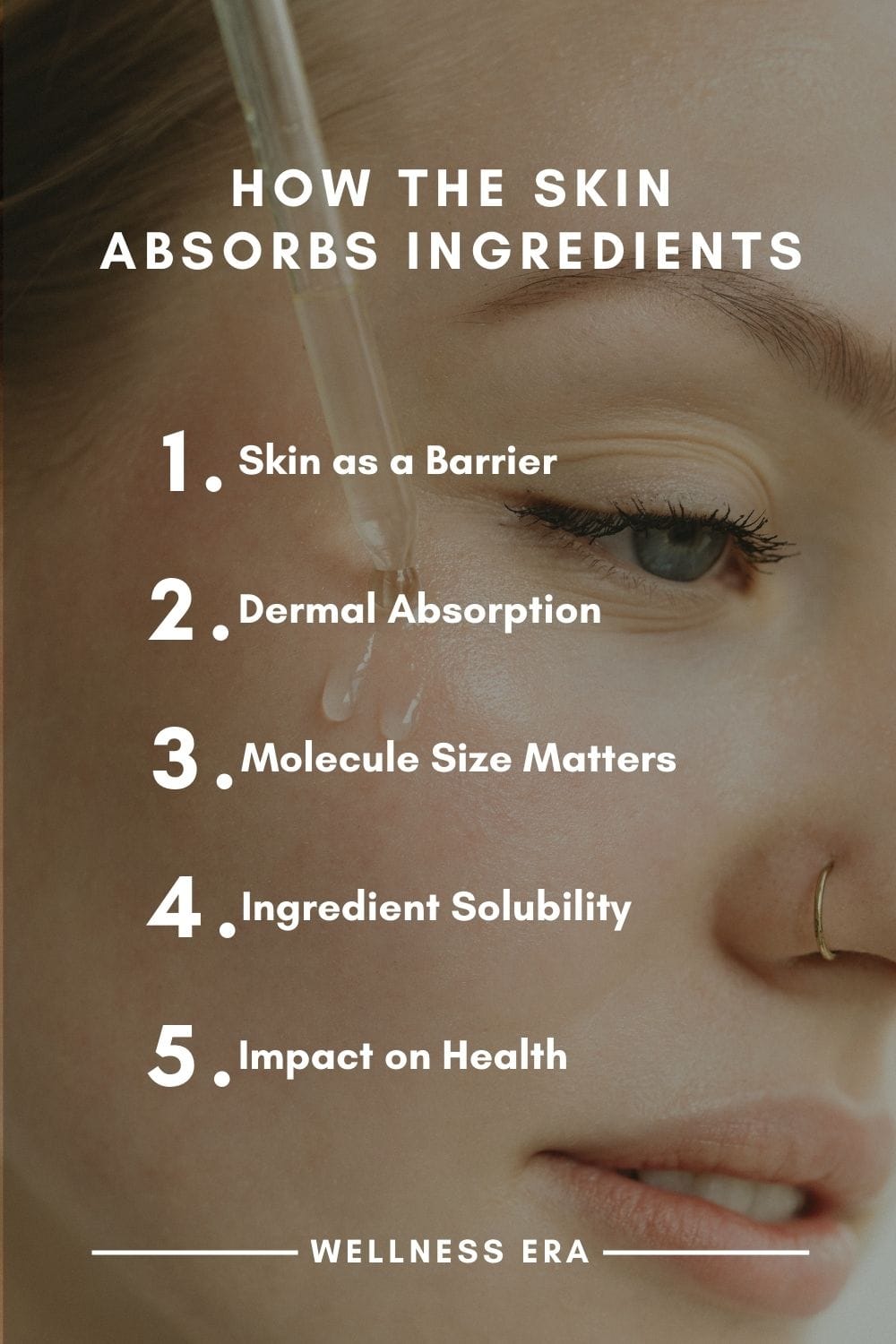
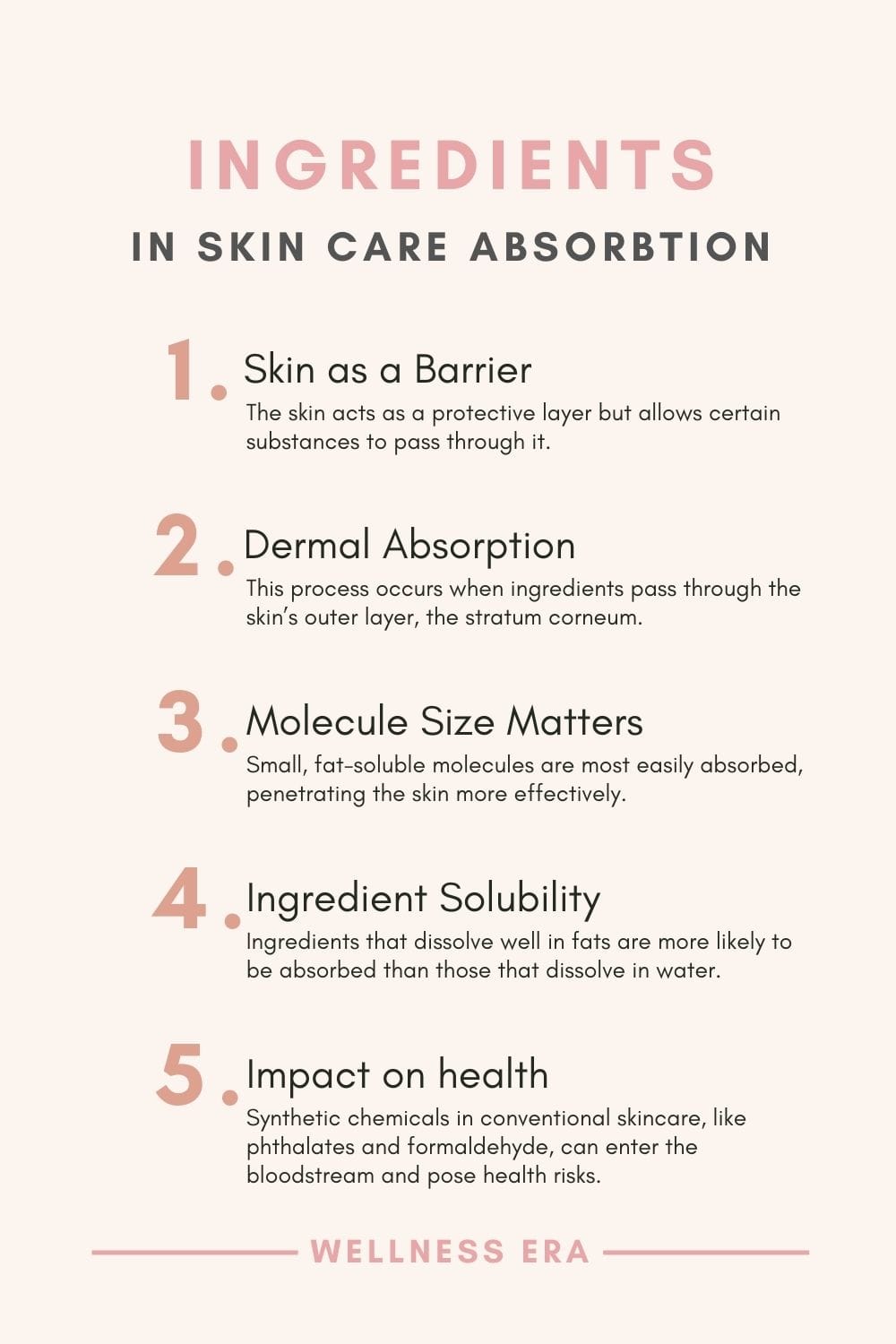
The Power of Natural Ingredients
Natural ingredients often work synergistically with the body’s own processes, providing nourishment without harmful side effects. For example, rosehip oil, derived from the seeds of rose bushes, is rich in vitamins A and C. Studies have shown that these vitamins help promote cell regeneration, improve skin elasticity, and reduce the appearance of scars and fine lines (Ghazawi et al., 2016). Green tea extract is another powerful natural ingredient, loaded with antioxidants like epigallocatechin gallate (EGCG), which has been proven to reduce inflammation and protect against UV-induced skin damage (Katiyar & Elmets, 2001).
These plant-based, nutrient-dense ingredients are not only effective but also gentler on the skin. They offer long-term benefits by nourishing the skin with vitamins, minerals, and essential fatty acids that support healthy, glowing skin.
Understanding what you’re putting on your skin is crucial to making informed choices. By opting for natural ingredients, you’re choosing a skincare routine that works in harmony with your body, offering real benefits while reducing exposure to potentially harmful chemicals.
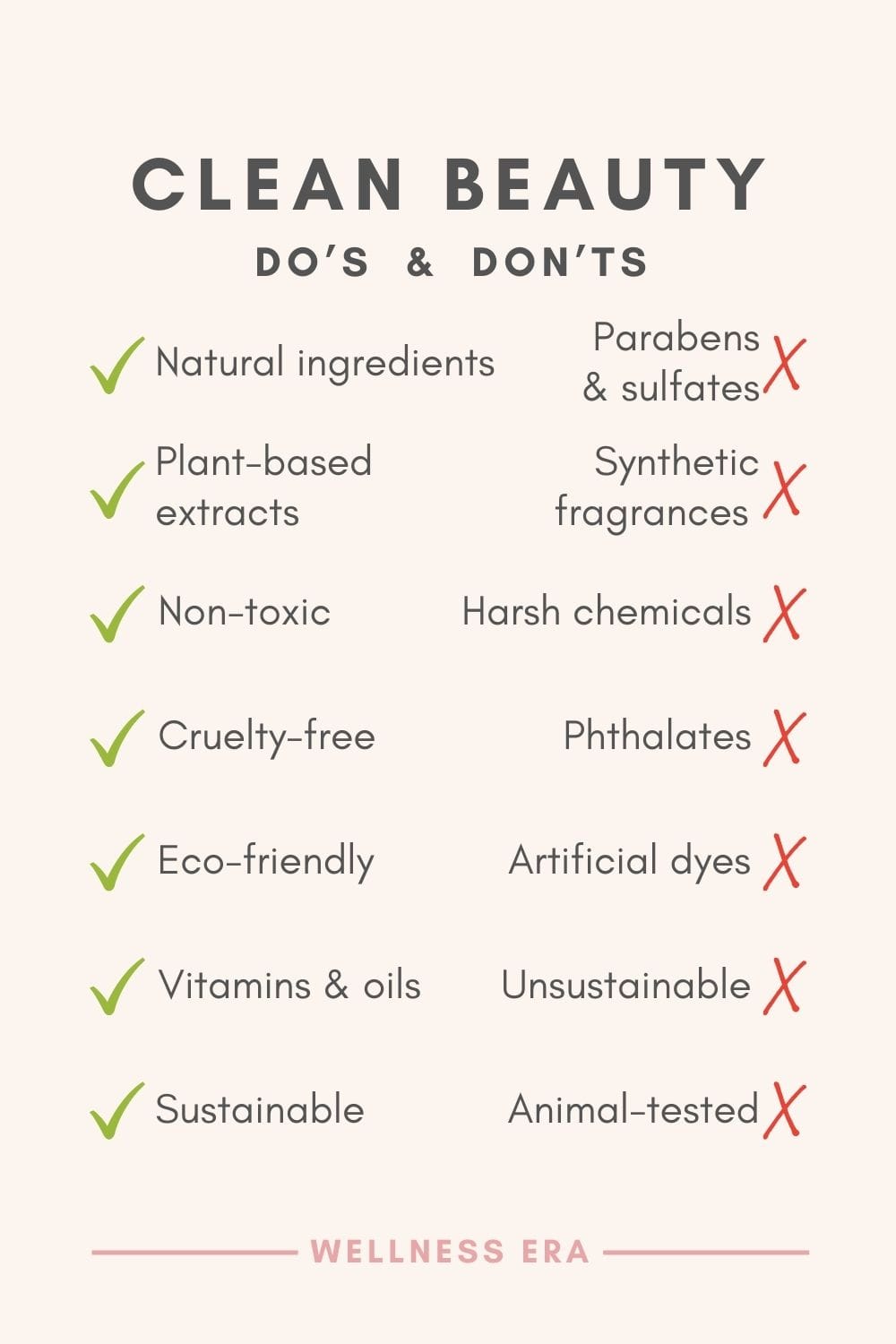
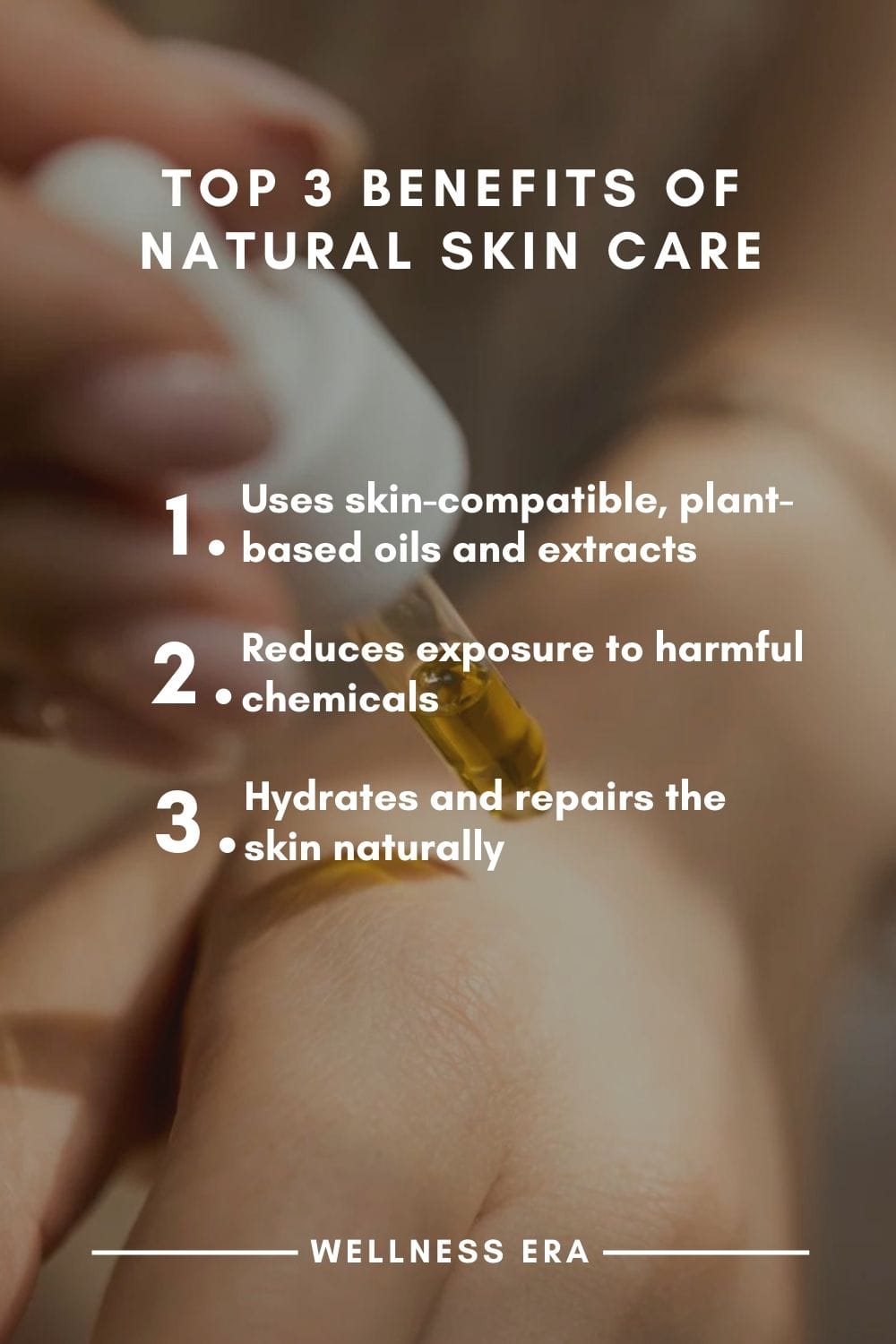
References
Darbre, P.D., Aljarrah, A., Miller, W.R., Coldham, N.G., Sauer, M.J. and Pope, G.S., 2004. Concentrations of parabens in human breast tumours. Journal of Applied Toxicology, 24(1), pp.5-13. (URL: Wiley Online Library)
Willemsen, M.G.A., Bouman, H.D., and Radstake, M.E., 2013. Sulfate-free cosmetics: A trend or a science-based solution? Cosmetic Dermatology, 26(3), pp.160-166.
Burlando, B. and Cornara, L., 2013. Therapeutic properties of plant-derived oils. Journal of Agricultural and Food Chemistry, 61(17), pp.4337-4343.
Surjushe, A., Vasani, R. and Saple, D.G., 2008. Aloe vera: A short review. Indian Journal of Dermatology, 53(4), pp.163-166. (URL: PubMed Central)
4. Why Conventional Products Aren’t 100% Natural
When you pick up a conventional skincare product, you might see familiar natural ingredients like aloe vera or coconut oil listed on the label. While these ingredients can offer real benefits, they are often present in small amounts. The bulk of the product is typically made up of synthetic chemicals such as parabens, silicones, and artificial fragrances—all designed to serve specific, but often superficial, purposes.
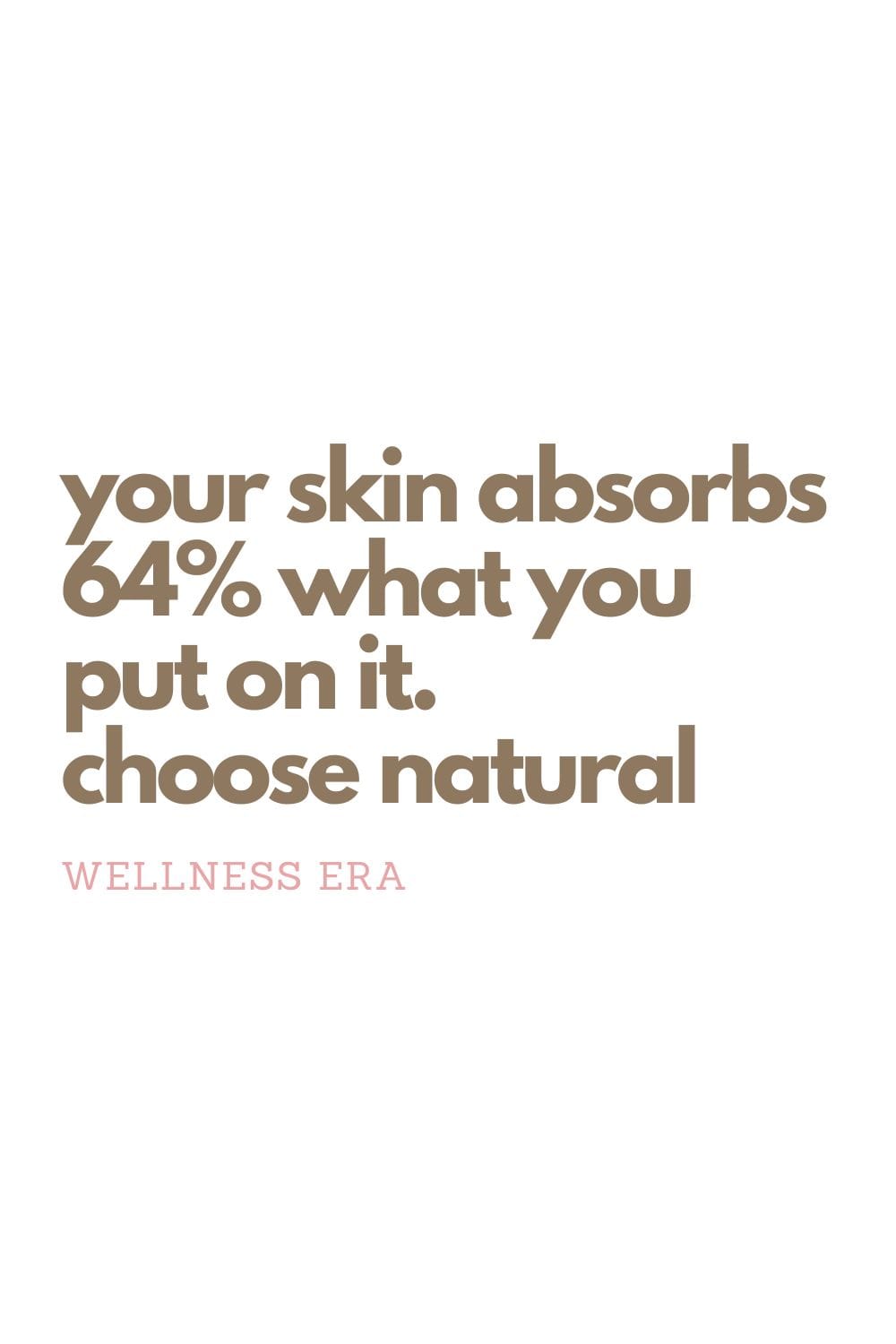
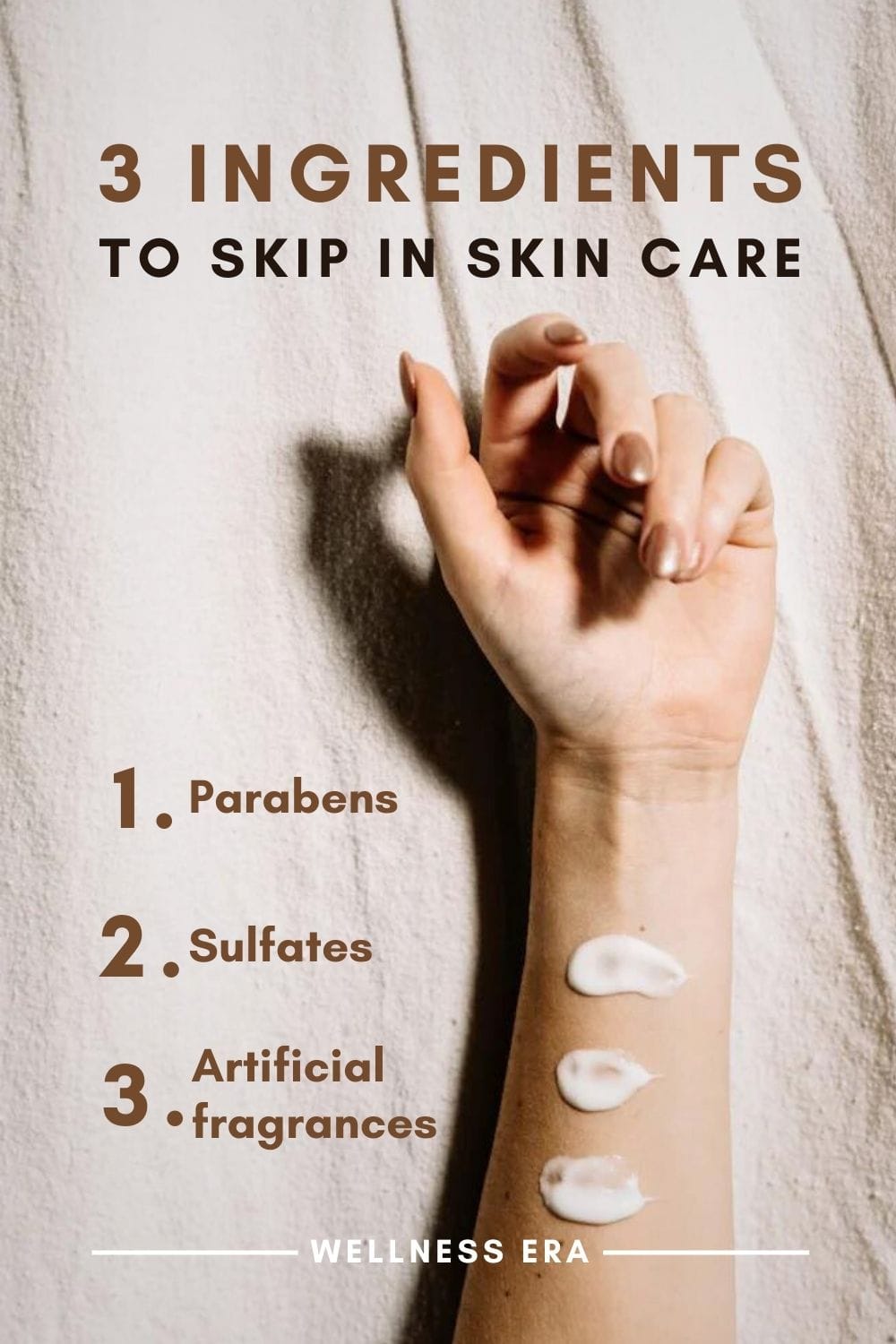
Parabens, for instance, are commonly used as preservatives to extend the shelf life of products, but they’ve been linked to potential health risks, such as hormone disruption. Research has shown that parabens can mimic estrogen in the body, potentially leading to issues such as breast cancer (Darbre et al., 2004). Silicones, on the other hand, are used to give products a silky-smooth texture and create the illusion of soft, hydrated skin. However, silicones don’t actually nourish the skin and may clog pores, trapping oil and dirt beneath the surface (Lupo & Cole, 2007).
Artificial fragrances are added to make products more appealing, but they often contain undisclosed chemicals, some of which have been associated with allergic reactions, skin irritation, and respiratory issues (Steinemann, 2016). These synthetic components not only provide temporary effects but also help reduce manufacturing costs, making conventional products more profitable for companies while compromising long-term skin health.
In contrast, natural skincare relies on high concentrations of active natural ingredients like plant oils and botanical extracts, which work in harmony with your skin to provide lasting benefits without the harmful side effects of synthetic chemicals. While synthetic fillers stabilize mass-produced formulas and make products cheaper to manufacture, they often do little to truly nourish and protect your skin.
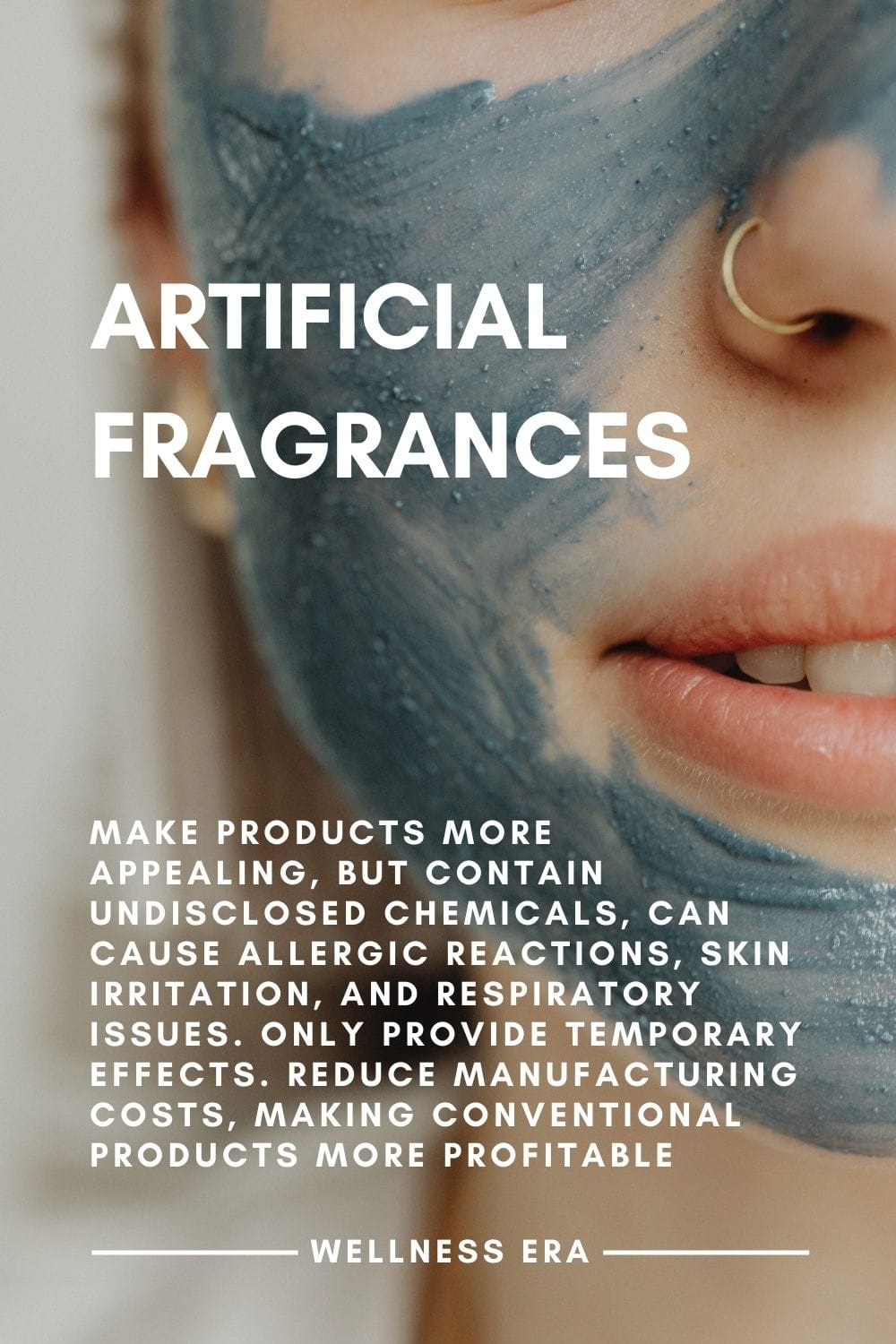
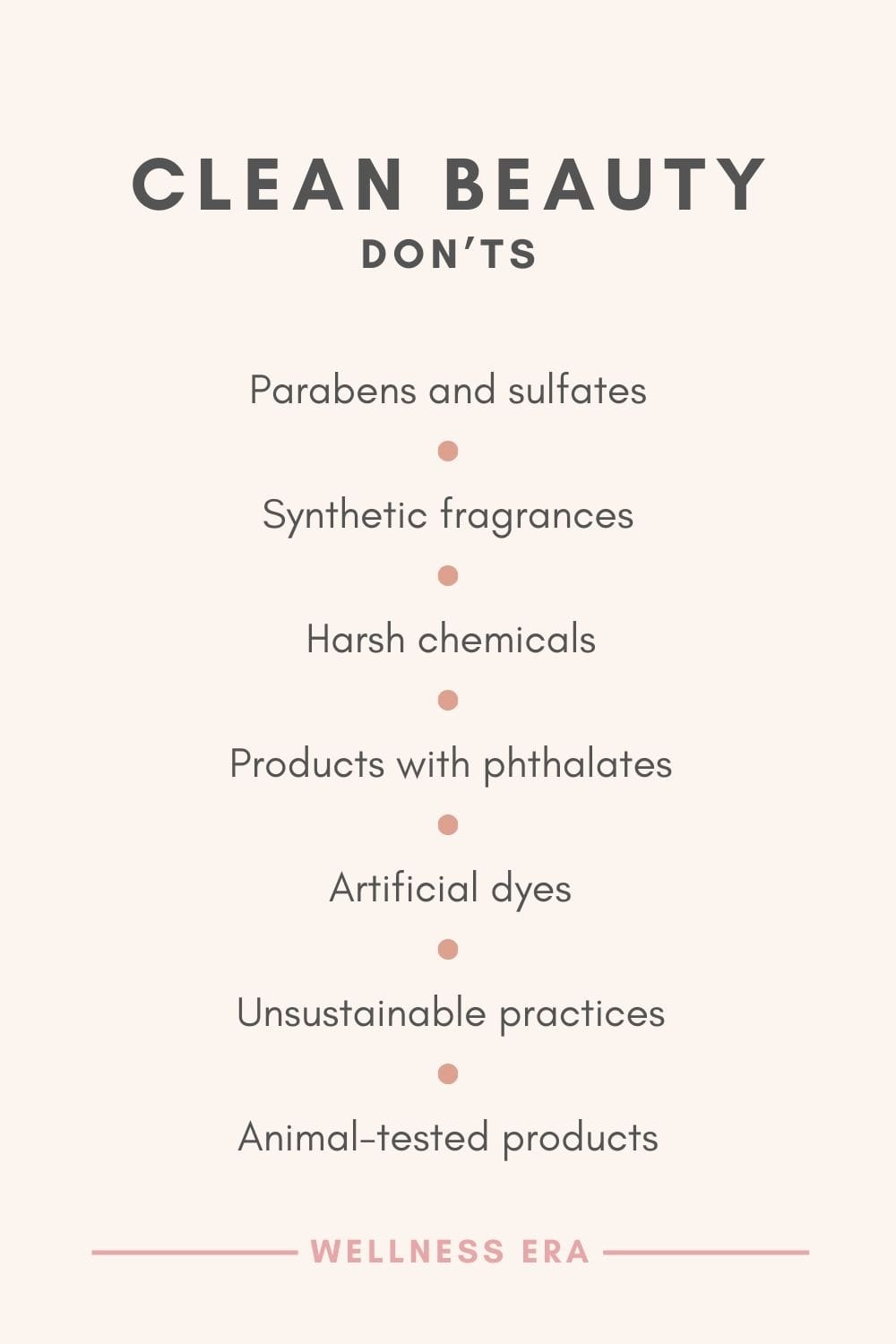
References
Darbre, P.D., Aljarrah, A., Miller, W.R., Coldham, N.G., Sauer, M.J. and Pope, G.S., 2004. Concentrations of parabens in human breast tumours. Journal of Applied Toxicology, 24(1), pp.5-13. (URL: Wiley Online Library)
Lupo, M.P. and Cole, A.L., 2007. Cosmeceutical peptides. Dermatologic Therapy, 20(5), pp.343-349. (URL: Wiley Online Library)
Steinemann, A., 2016. Fragranced consumer products: exposures and health effects. Air Quality, Atmosphere & Health, 9(3), pp.237-243. (URL: National Center for Biotechnology Information (NCBI))
5. Top 5 Natural Skincare Ingredients for Glowing, Healthy Skin
If you’re on a journey to natural skincare, you’ve probably come across a few powerhouse ingredients that promise to transform your skin. These natural wonders are not just buzzwords—they’ve earned their reputation for a reason. Here’s a list of five tried-and-true natural skincare ingredients that deliver real results, whether you’re looking to hydrate, soothe, or brighten your skin.
1. Hyaluronic Acid: The Hydration Hero
Hyaluronic acid is often called a “miracle hydrator” because it can hold up to 1,000 times its weight in water, making it a go-to for moisturizing dry or dehydrated skin. It works by drawing moisture into the skin, leaving it plump, smooth, and radiant (Stern & Maibach, 2008).
Why you might love it: Products with Hyaluronic acid are perfect for a morning routine. Apply it right after cleansing to give your skin a hydration boost, and it helps any moisturizer sink in better. The best part? It’s lightweight and works well for all skin types, even oily or sensitive skin.

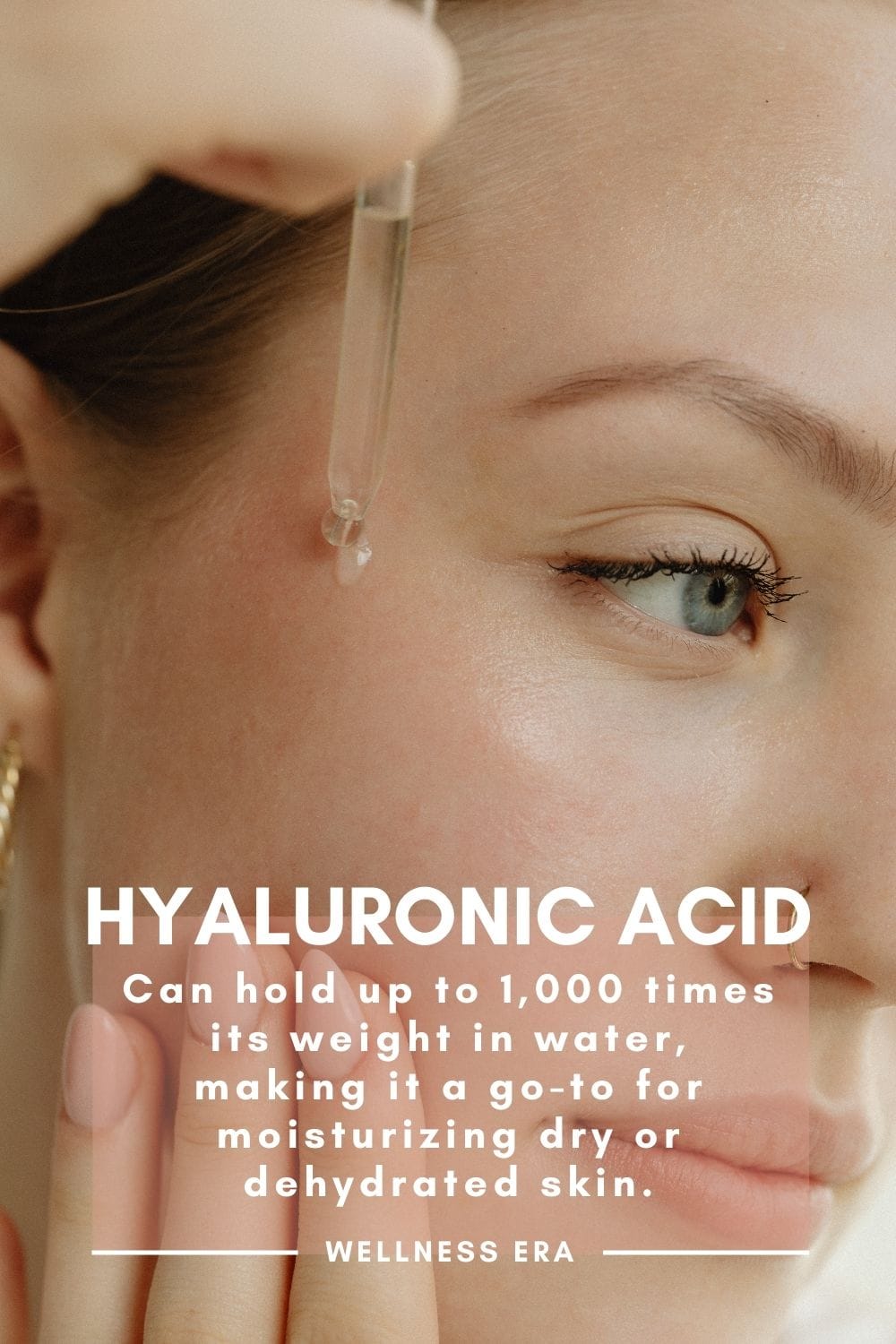
2. Rosehip Oil: The Glow Getter
Rosehip oil is packed with vitamins A and C, which are key for skin regeneration, reducing dark spots, and boosting overall radiance (Faria et al., 2011). Its rich antioxidant profile makes it perfect for fighting signs of aging and improving skin elasticity.
How you can use it: Try using rosehip oil in the evening, especially if your skin needs some extra love. Warm a few drops between your fingers and press it into your skin after microneedling or during massage. Over time, it helps with any redness and gives your skin a beautiful glow.
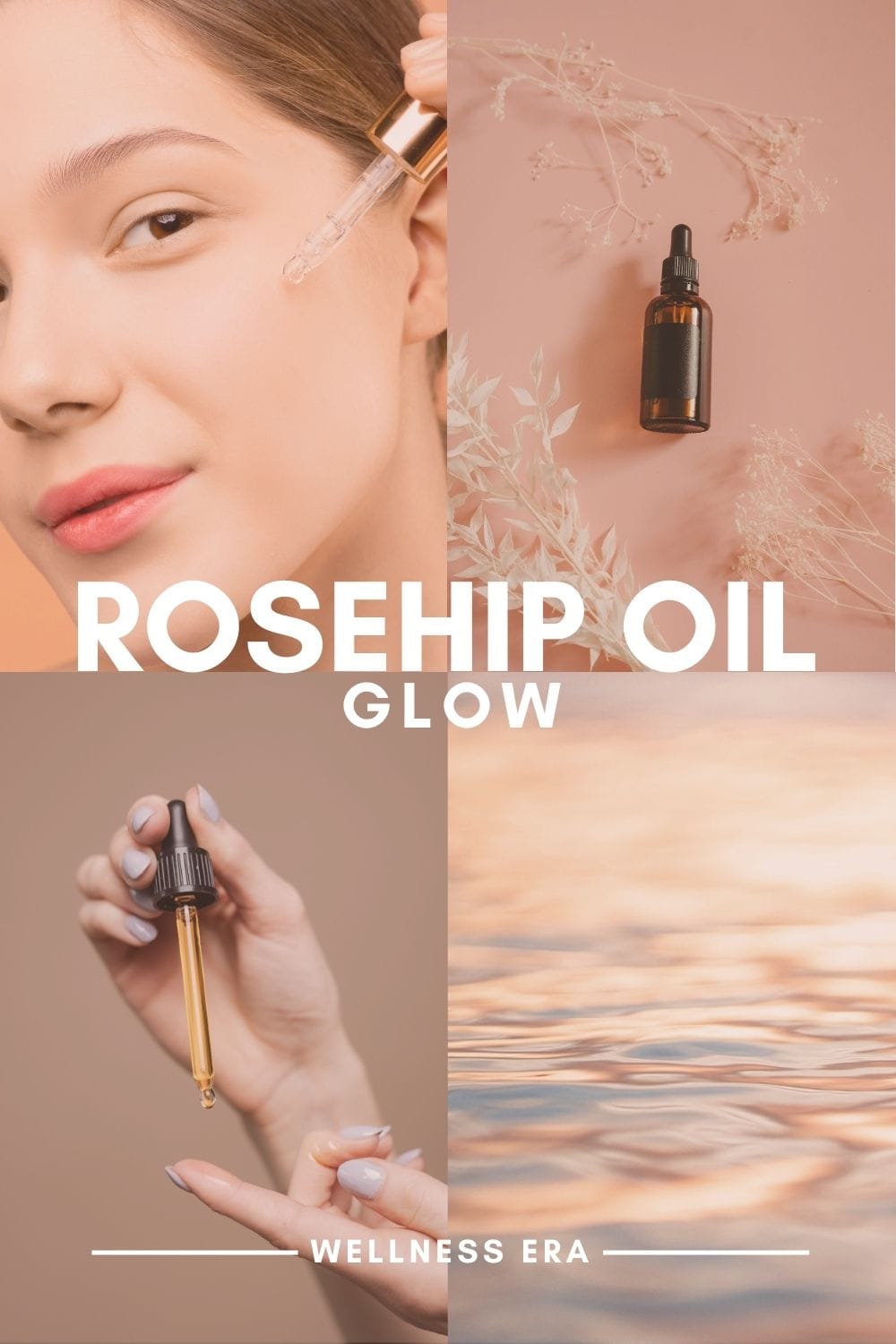
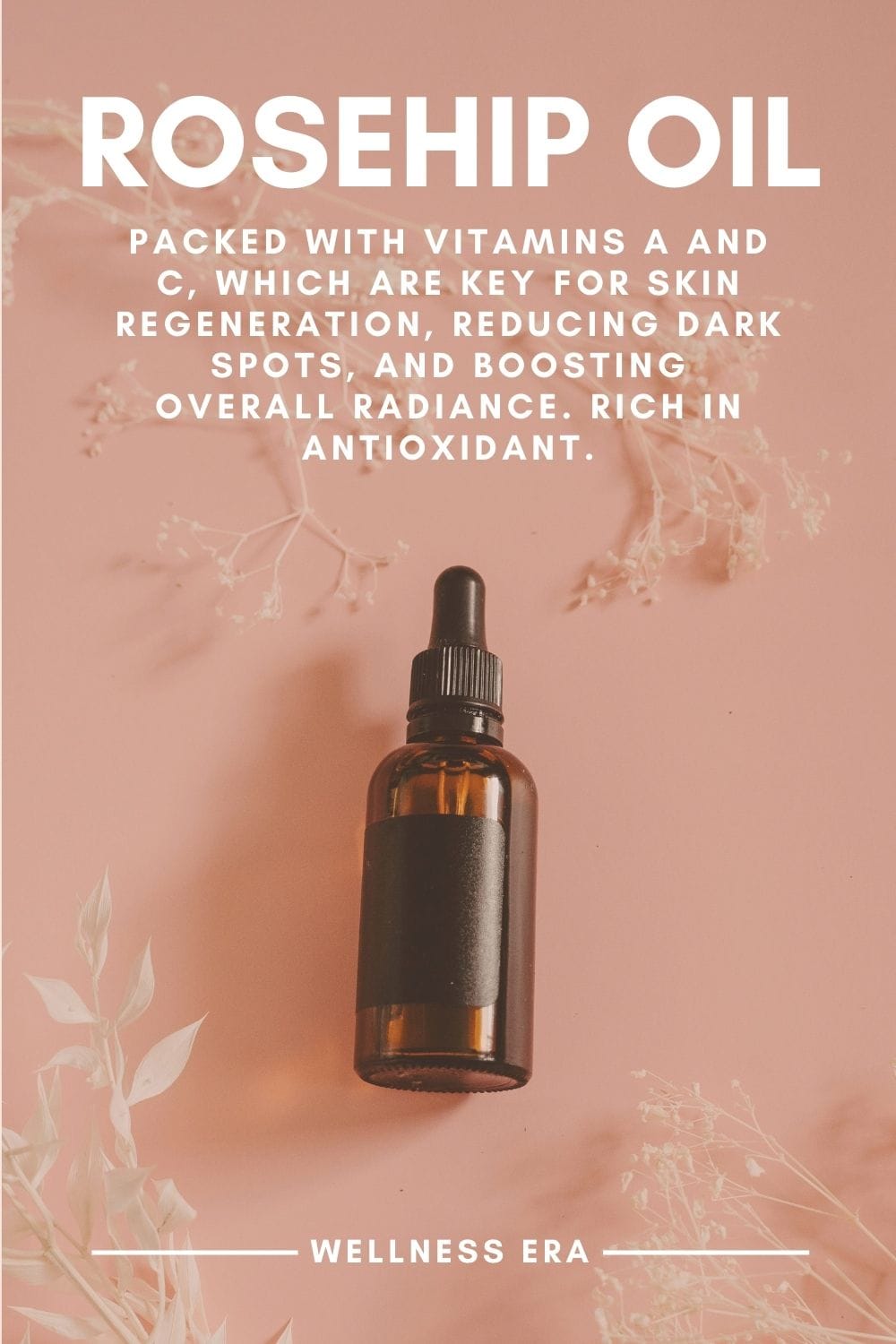
3. Aloe Vera: The Soothing Superstar
Aloe vera has been used for centuries to soothe irritated or inflamed skin, and for good reason. It’s rich in vitamins, minerals, and enzymes that help calm redness, reduce inflammation, and promote healing (Surjushe et al., 2008). Whether you’re dealing with sunburn, acne, or sensitive skin, aloe vera is your skin’s best friend.
How you can use it: Keep a small bottle of aloe vera gel in the fridge for when your skin feels irritated or inflamed. The cool gel feels refreshing, especially after a long day in the sun, and it instantly calms any redness or discomfort.
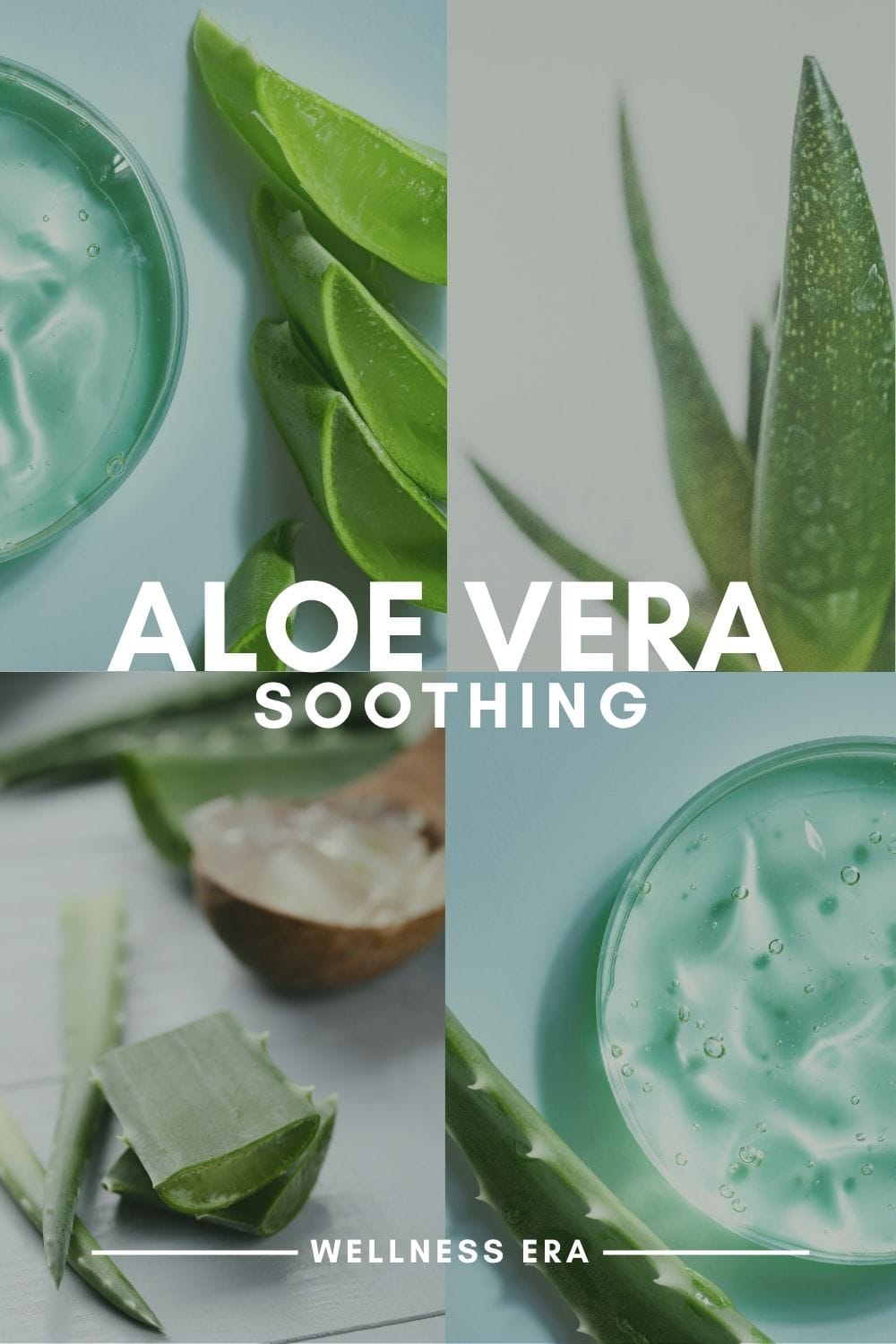
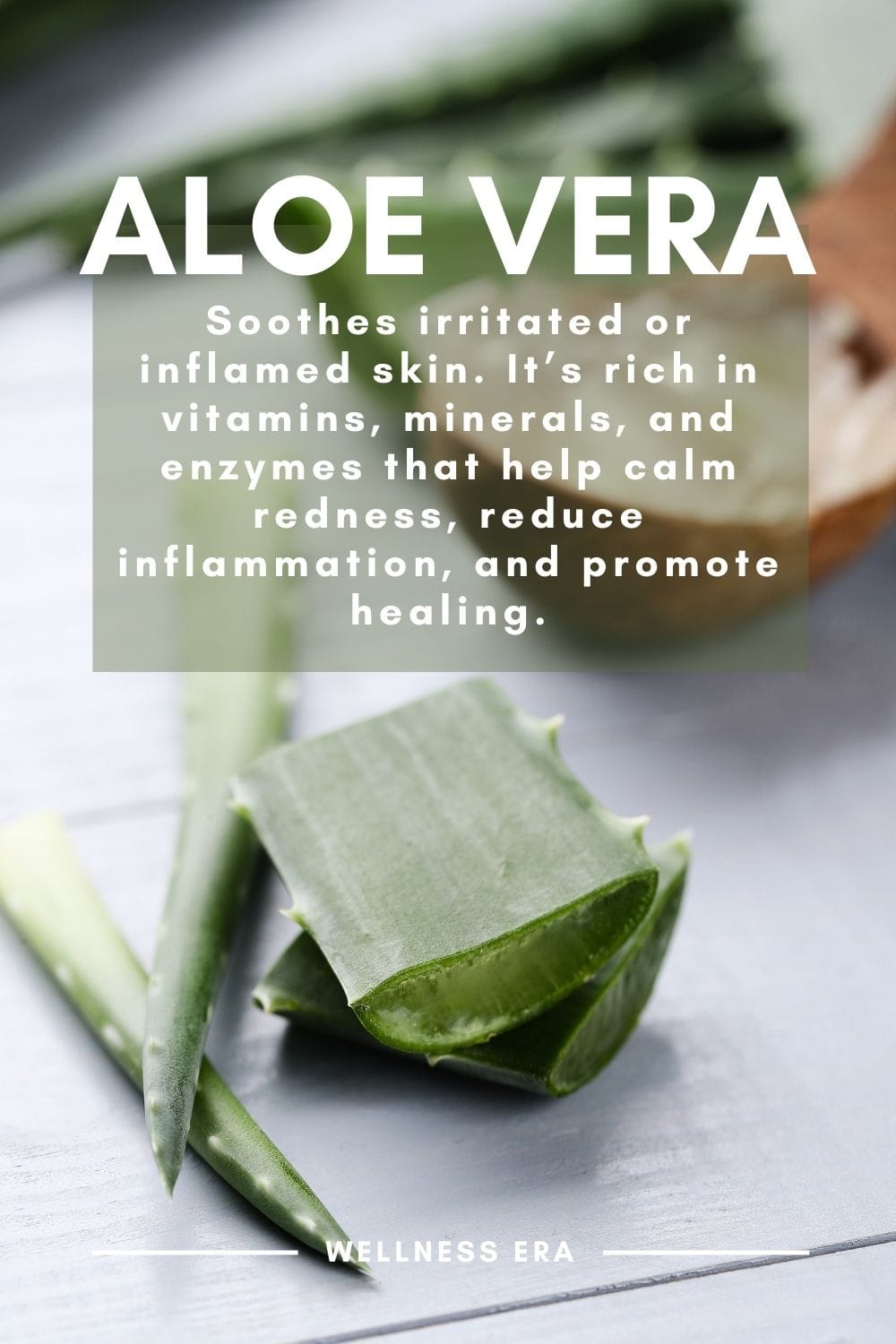
4. Tea Tree Oil: The Blemish Buster
Known for its antibacterial and anti-inflammatory properties, tea tree oil is a staple in natural acne treatments. It helps fight acne-causing bacteria, reduces swelling, and speeds up the healing of pimples without drying out the skin (Carson et al., 2006).
How you can use it: Whenever you get the occasional breakout, mix a drop of tea tree oil with a carrier oil like jojoba and apply it directly to the spot before bed. By morning, the redness and swelling should have gone down, making it a lifesaver in your skincare routine.
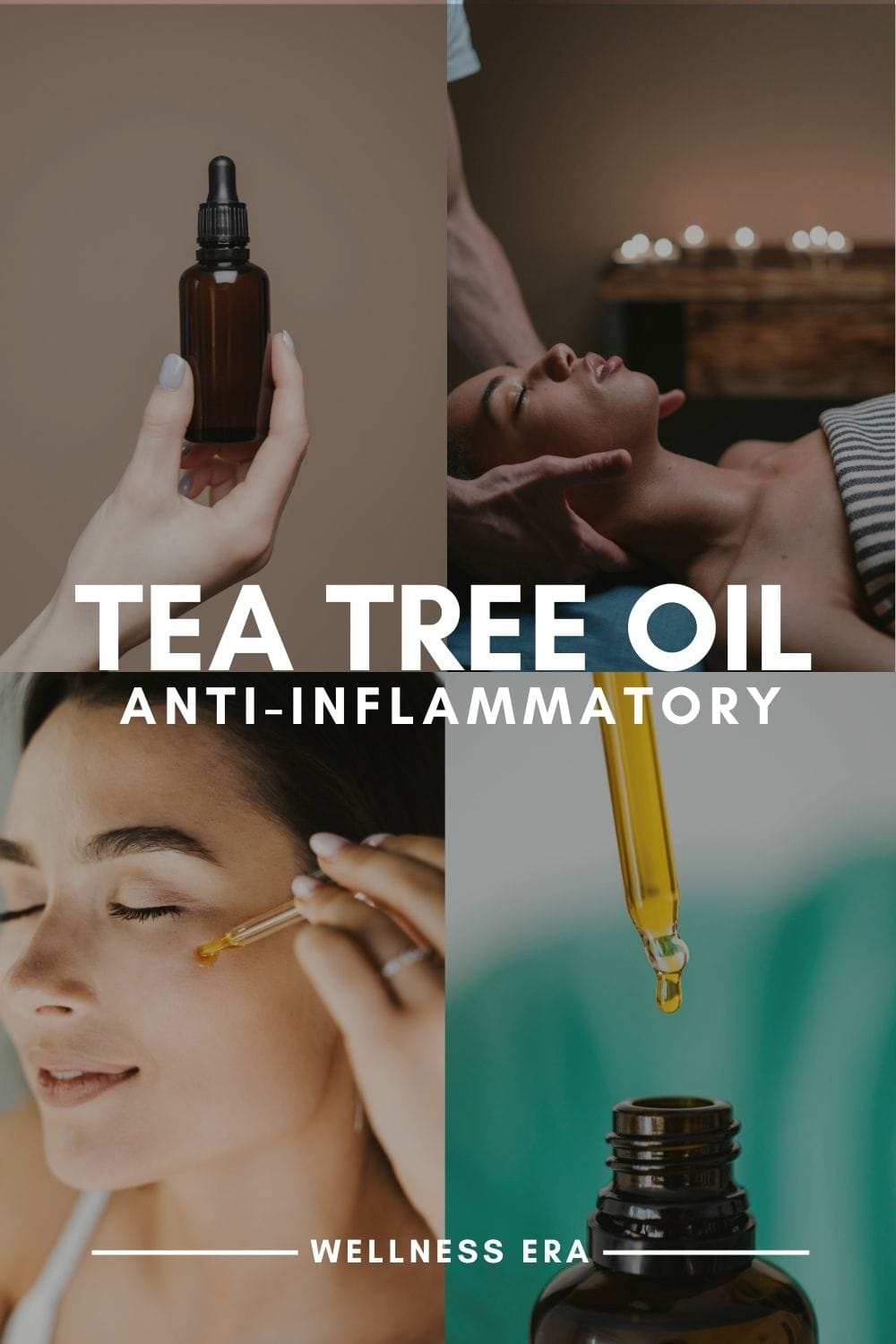
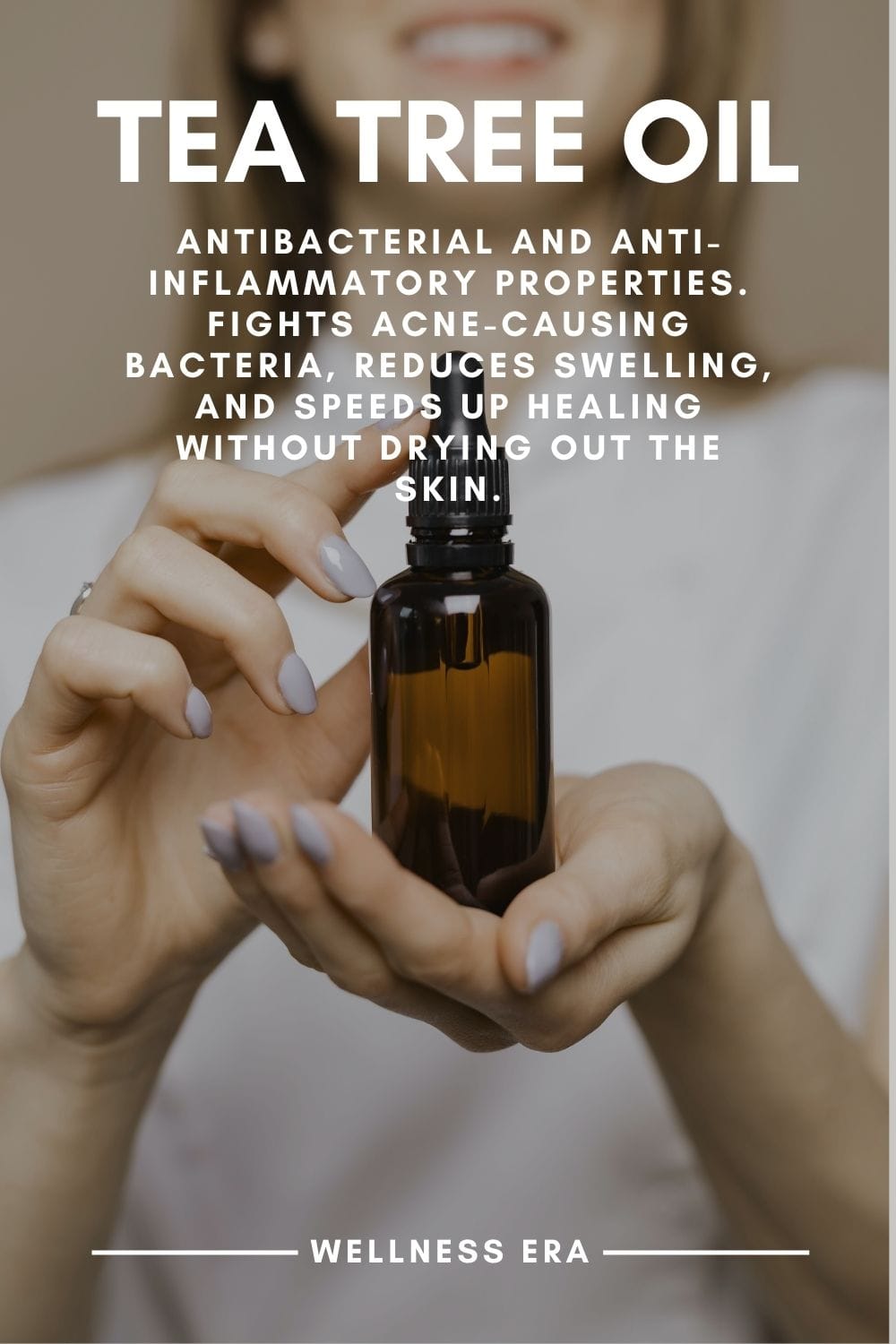
5. Jojoba Oil: The Balancing Act
Jojoba oil is unique because it closely mimics the skin’s natural sebum, making it an excellent moisturizer for all skin types, from dry to oily. It helps balance oil production, making it ideal for those struggling with acne or clogged pores (Zhou et al., 2021). Plus, it’s packed with vitamins E and B, which nourish and protect the skin.
Why you can’t live without it: Jojoba oil is a go-to when your skin feels off balance. It’s lightweight but deeply hydrating, and It is great as the final step in your evening routine. It locks in moisture without making your skin feel greasy.
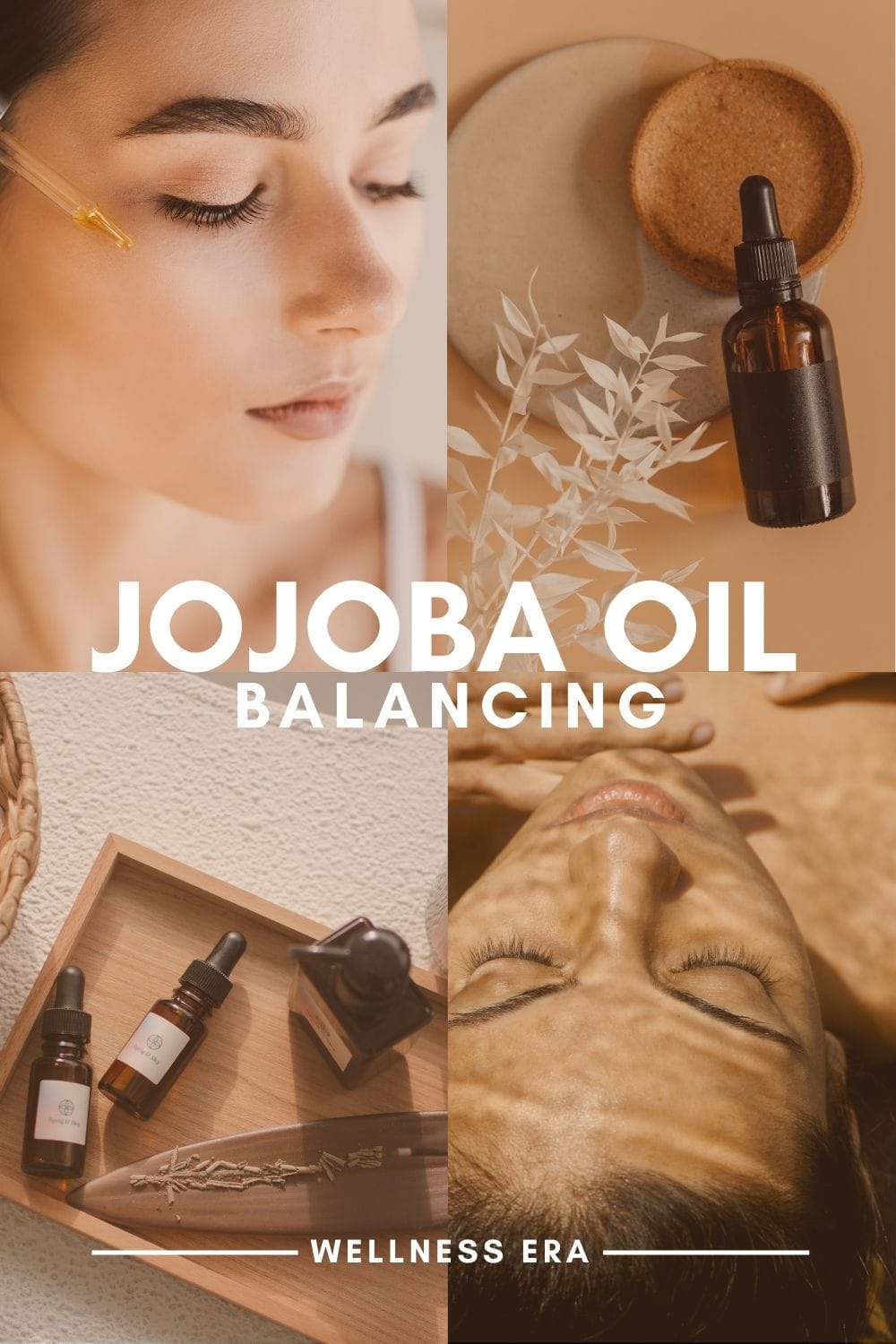
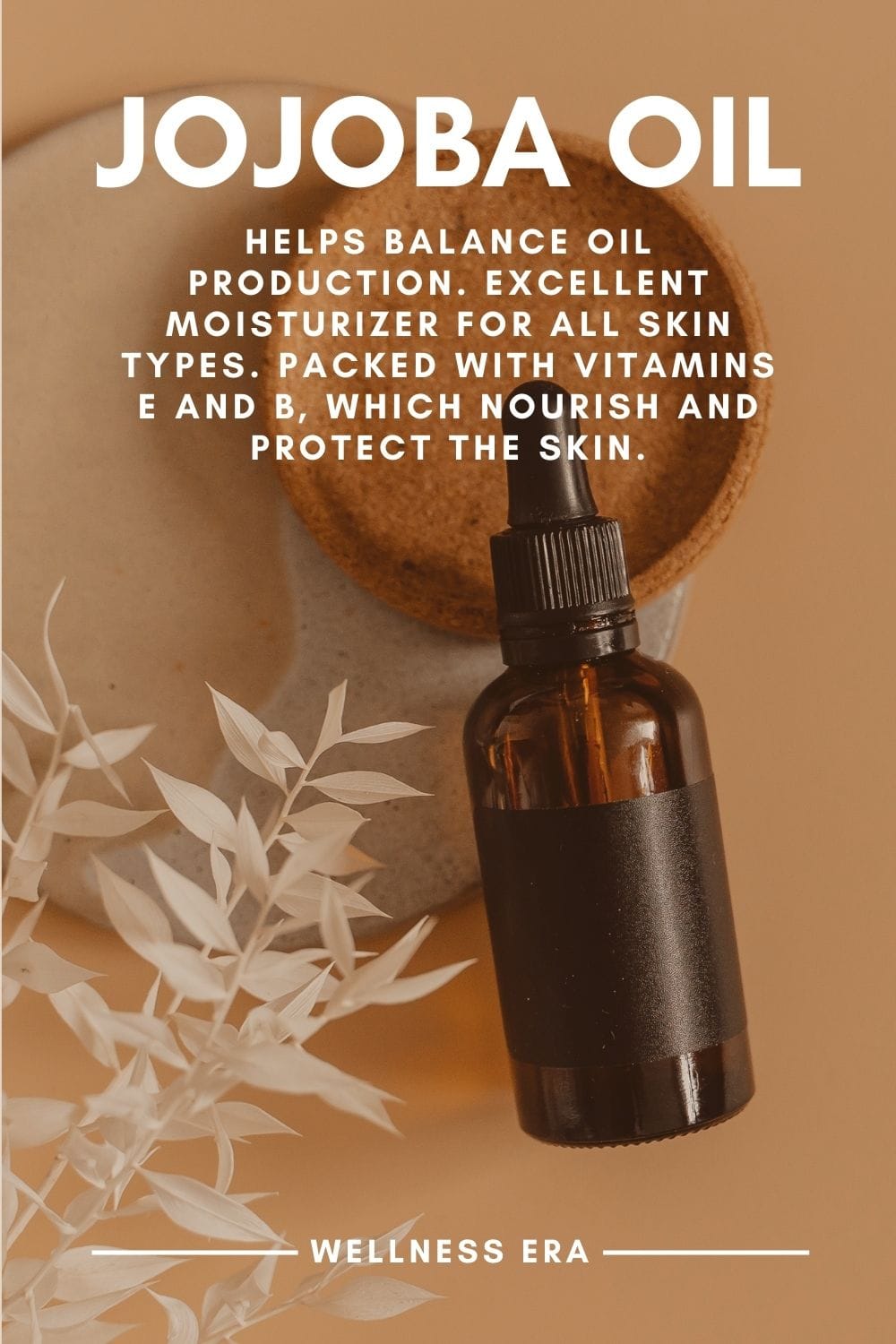
Do you wonder which moisturizer is perfect for your unique skin type andhow to moisturize your skin naturally? Whether your skin is oily, dry, sensitive, or somewhere in between, the right natural remedy can transform your skincare game. Say goodbye to guesswork and hello to glowing, hydrated skin! Click the link above to uncover the best natural moisturizers tailored to your skin type—it’s time to let your skin shine naturally!
References
Stern, R. and Maibach, H.I., 2008. Hyaluronan in skin: aspects of aging and its pharmacologic modulation. Clinics in Dermatology, 26(2), pp.106-122. (URL: Europe PMC)
Faria, C., Calheiros, C., and Queiroz, C., 2011. The Role of Vitamin C and A in Skin Health. Journal of Cosmetic Dermatology, 10(1), pp.38-44. (URL: MDPI)
Surjushe, A., Vasani, R. and Saple, D.G., 2008. Aloe vera: A short review. Indian Journal of Dermatology, 53(4), pp.163-166. (URL: PubMed Central)
Carson, C.F., Hammer, K.A. and Riley, T.V., 2006. Melaleuca alternifolia (Tea Tree) oil: a review of antimicrobial and other medicinal properties. Clinical Microbiology Reviews, 19(1), pp.50-62. (URL: PubMed Central)
Zhou, B., Xu, Y., Luo, S., Guo, Z., and Zhang, Y., 2021. Anti-inflammatory and skin barrier repair effects of jojoba oil on keratinocytes in vitro. Journal of Dermatological Science, 101(1), pp.50-56. (URL: ScienceDirect)
6. Common Myths About Natural Skincare (and Why They’re Wrong)
There are plenty of misconceptions about natural skincare, and it’s time to clear them up! Here are some common myths and the truth behind them—backed by science.
Myth 1: Natural Skincare Isn’t As Effective as Conventional Products
Some people believe that natural skincare can’t deliver the same results as conventional products. However, this simply isn’t true. Many natural ingredients have been scientifically proven to be just as effective—if not more—than their synthetic counterparts.
For example, rosehip oil, packed with vitamins A and C, has been shown to promote skin regeneration, improve elasticity, and reduce signs of aging (Faria et al., 2011). Similarly, green tea extract contains potent antioxidants that protect the skin from UV damage and inflammation, offering powerful anti-aging benefits (Katiyar & Elmets, 2001).
The truth: Natural ingredients often work better because they don’t contain the synthetic fillers or chemicals found in conventional products, which can sometimes irritate the skin or provide only short-term benefits.

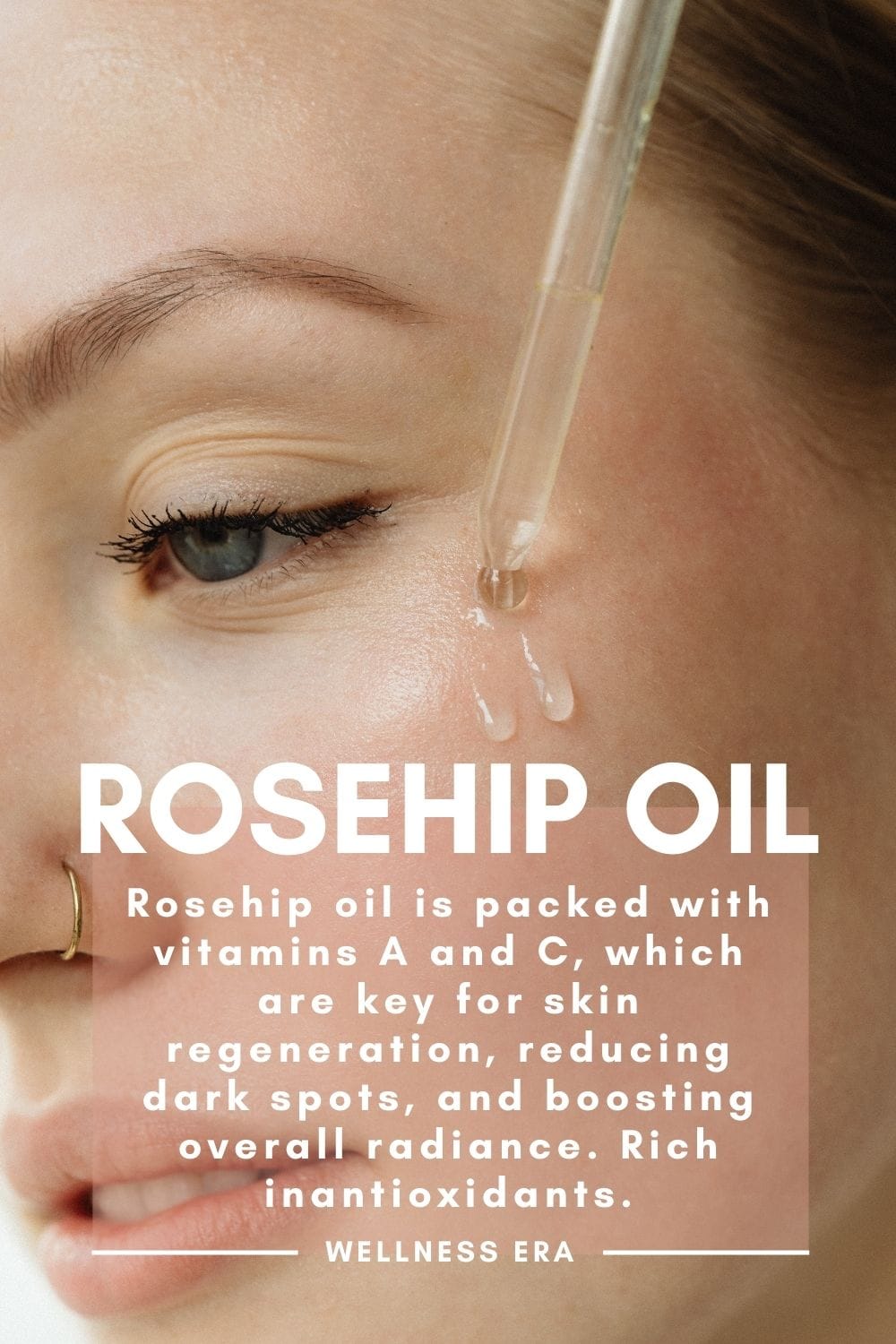
Myth 2: Natural Skincare Is Too Expensive
Another misconception is that natural products are out of reach for those on a budget. While some high-end natural brands may come with a price tag, there are plenty of affordable options that are both effective and accessible. Plus, since many natural ingredients are multi-purpose, you might need fewer products in your routine.
Jojoba oil, for example, can be used as a moisturizer, makeup remover, and even a hair treatment—all in one bottle (Zhou et al., 2021).
And Jojoba oil isn’t the only multitasker—and star ingredient as a natural cleansers! Check out our blog to discover the top 5 natural cleansers that will leave your skin fresh, radiant, and ready to shine.
The truth: Natural skincare doesn’t have to break the bank. With the right choices, it can be both budget-friendly and effective.
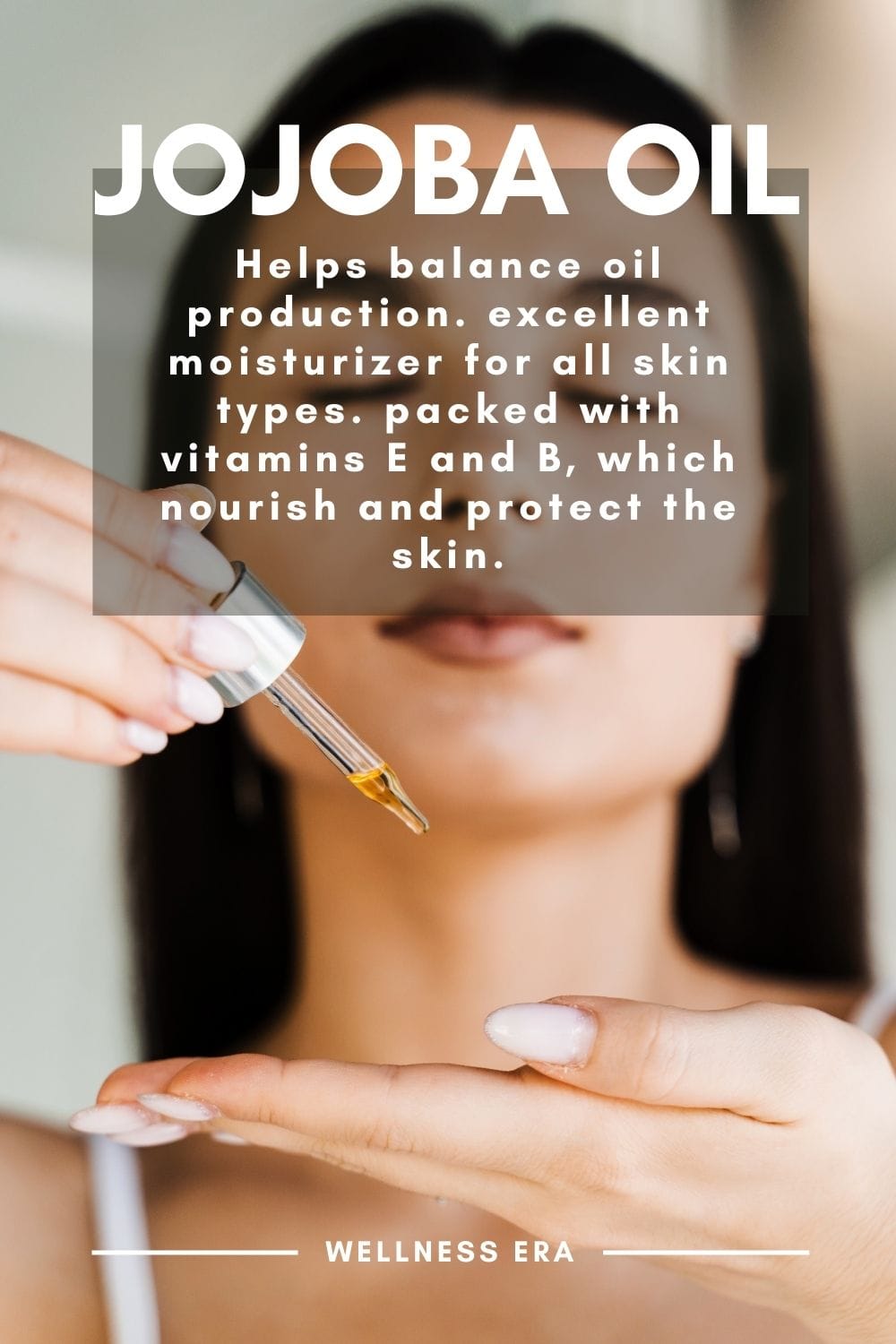

Myth 3: Natural Products Don’t Have a Long Shelf Life
It’s true that many conventional products have longer shelf lives due to synthetic preservatives like parabens. However, that doesn’t mean natural products will expire the minute you open them. Many natural products use safe, plant-based preservatives such as vitamin E and essential oils that extend shelf life while nourishing your skin (Cohen et al., 2002).
The truth: With proper storage (like keeping products away from direct sunlight and heat), natural skincare can last just as long as conventional products without harmful preservatives.
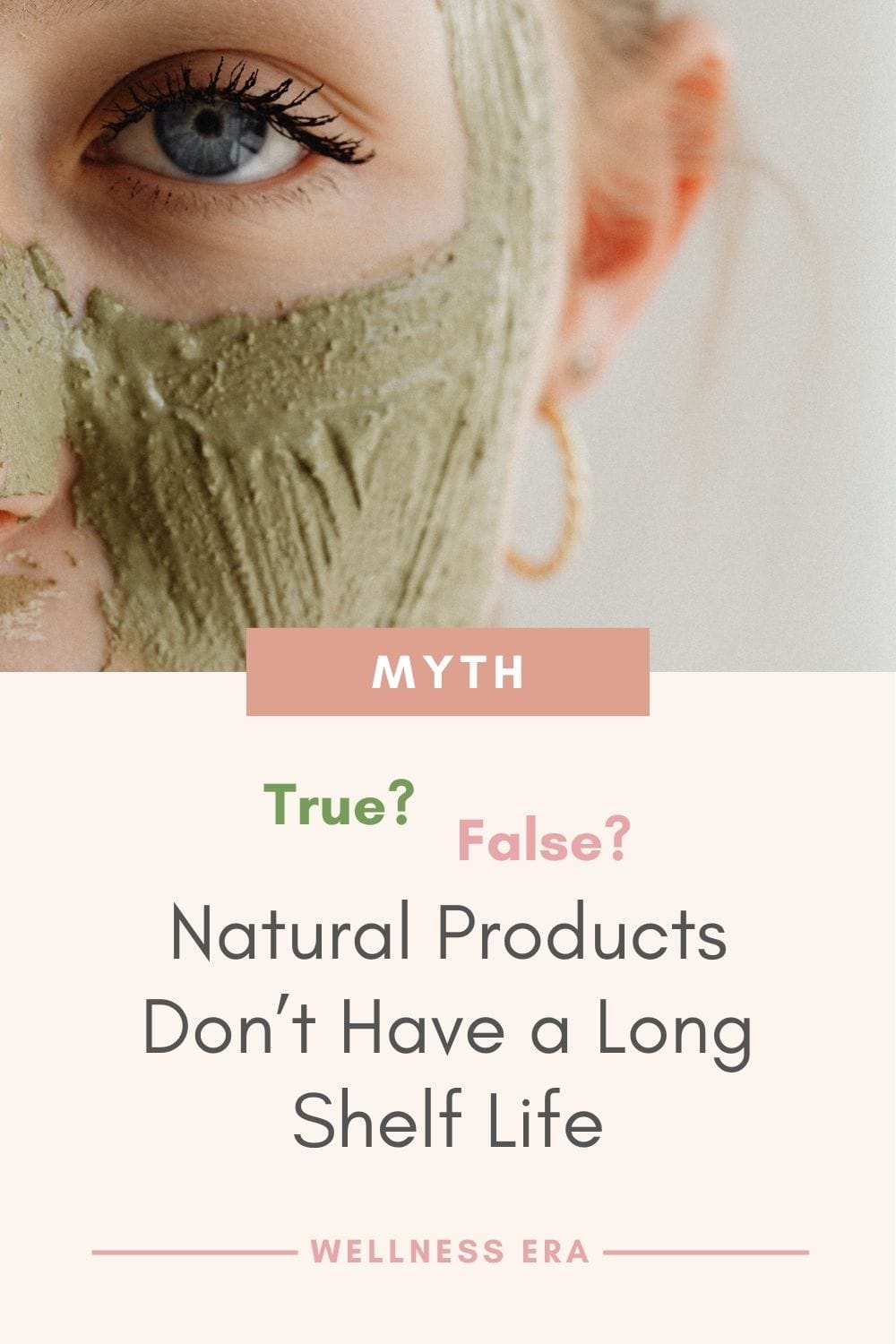
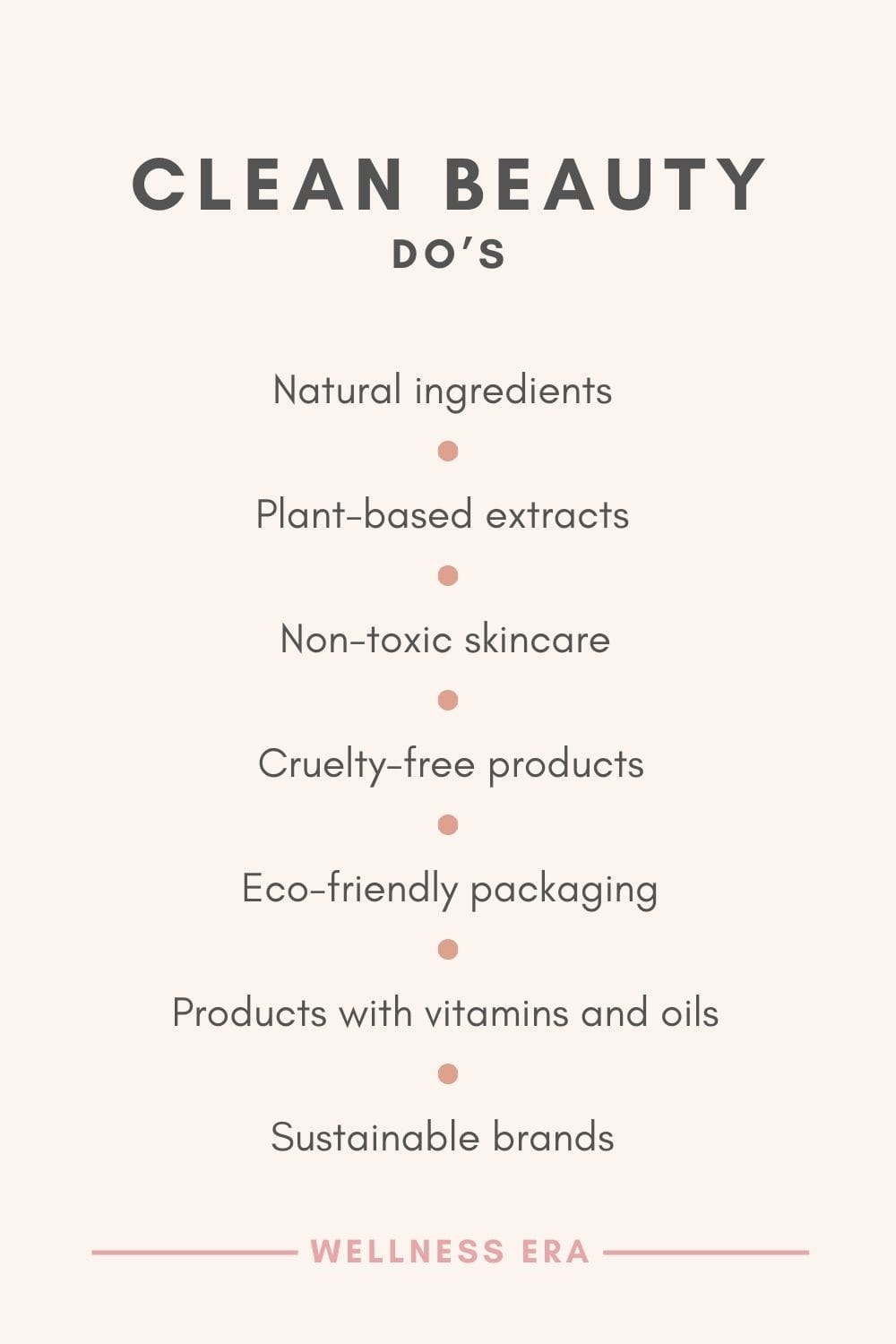
Myth 4: Natural Skincare Causes Allergic Reactions
Some people worry that natural ingredients are more likely to cause allergic reactions. However, synthetic chemicals like artificial fragrances and preservatives are actually among the most common irritants in skincare (Steinemann, 2016). Natural skincare often contains fewer irritants and is typically gentler on sensitive skin, though it’s always good to patch-test new products.
If you have sensitive skin, choosing the right moisturizer can make all the difference. Natural options can provide gentle, effective hydration without harsh irritants. Click the link below, to explore the best natural moisturizers for sensitive skin and find your perfect match!
The truth: While it’s possible to have allergies to certain plant ingredients, natural skincare is often less irritating than synthetic-based products due to its cleaner formulations.
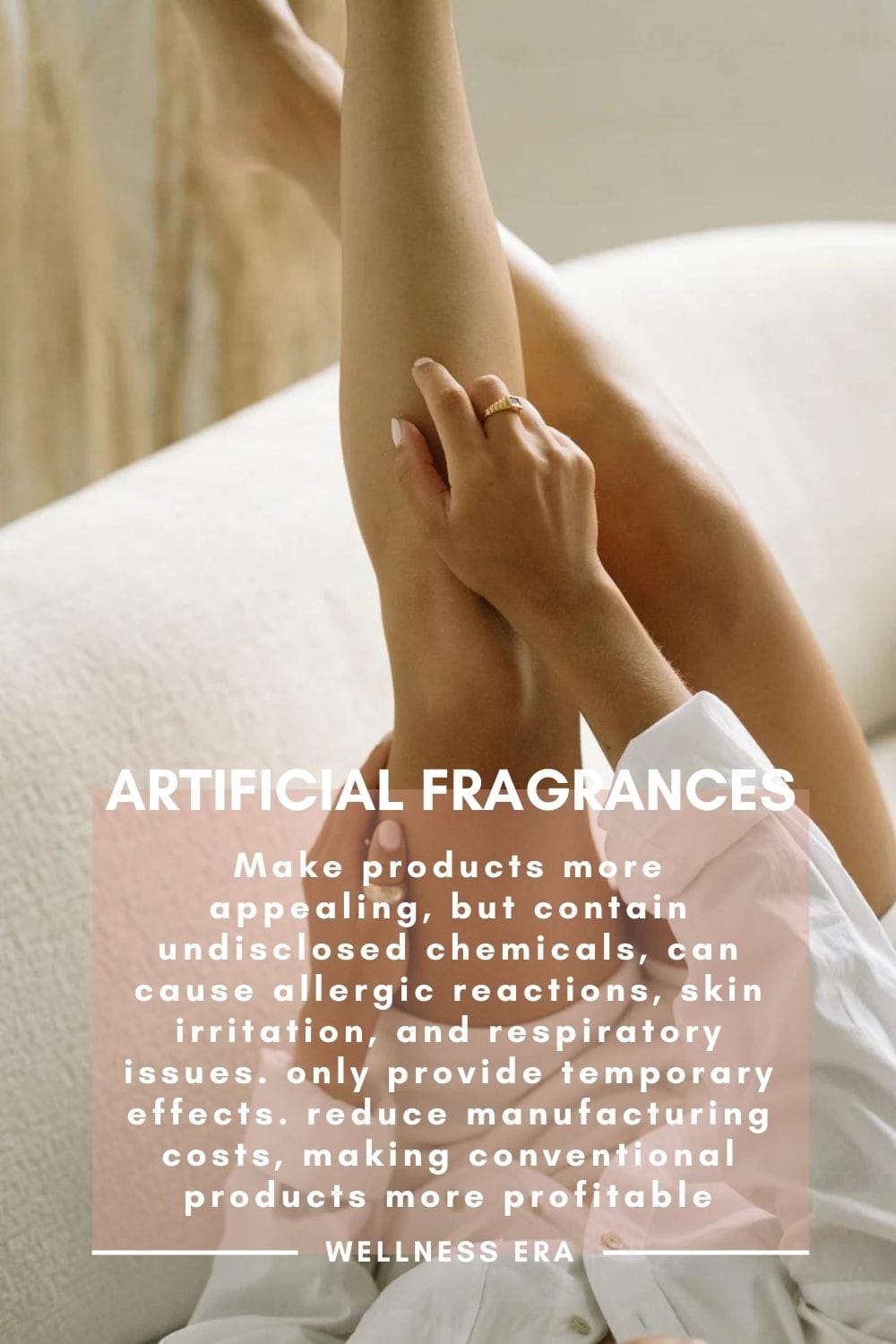
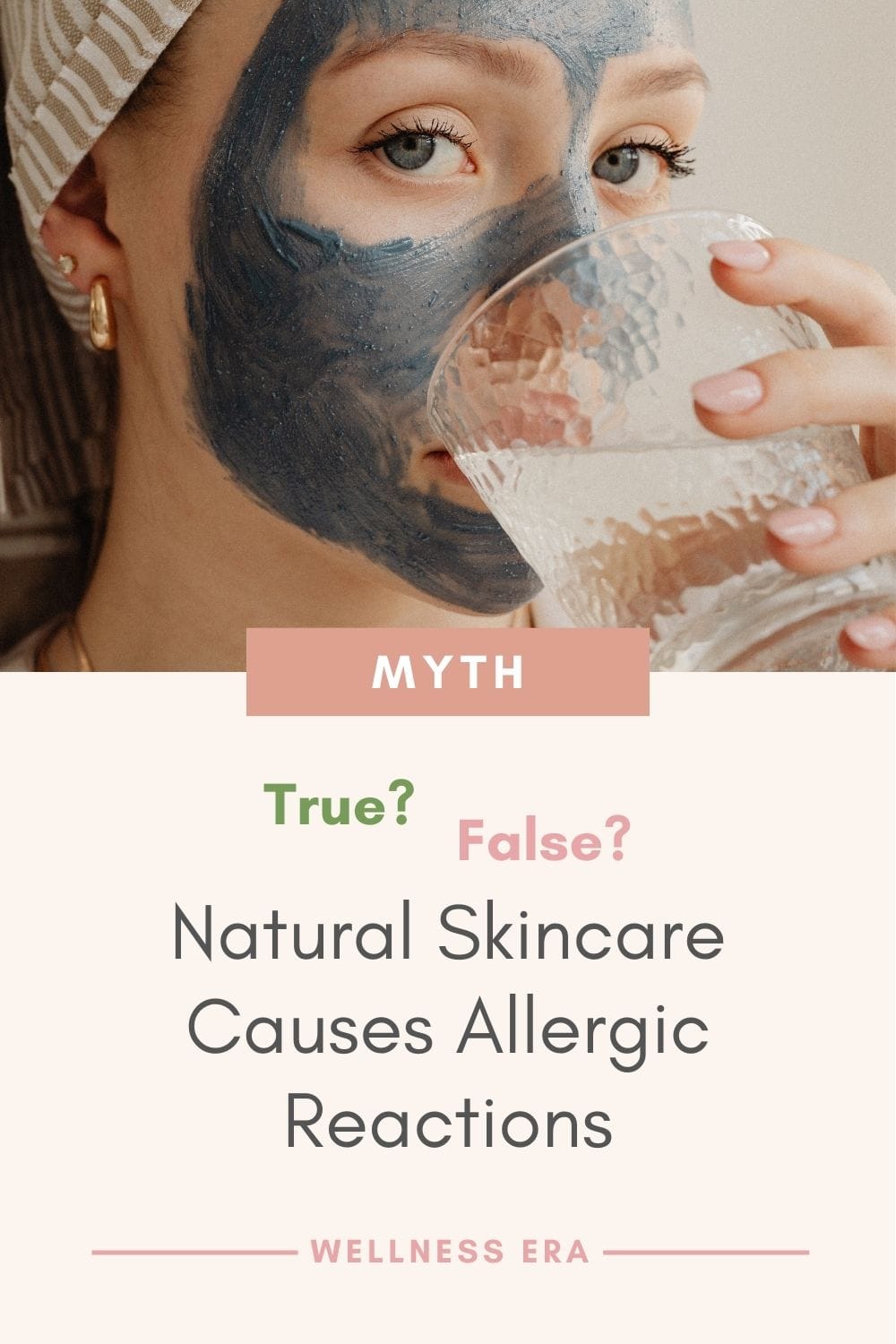
References
Faria, C., Calheiros, C., and Queiroz, C., 2011. The Role of Vitamin C and A in Skin Health. Journal of Cosmetic Dermatology, 10(1), pp.38-44. (URL: MDPI)
Katiyar, S.K. and Elmets, C.A., 2001. Green tea polyphenolic antioxidants and skin photoprotection. International Journal of Oncology, 18(6), pp.1307-1313. (URL: Spandidos Publications)
Zhou, B., Xu, Y., Luo, S., Guo, Z., and Zhang, Y., 2021. Anti-inflammatory and skin barrier repair effects of jojoba oil on keratinocytes in vitro. Journal of Dermatological Science, 101(1), pp.50-56. (URL: ScienceDirect)
Cohen, B.J., Panickar, K.S., and El-Sohemy, A., 2002. Tocopherol levels in natural cosmetic formulations. International Journal of Cosmetic Science, 24(5), pp.287-293. (URL: Wiley Online Library)
Steinemann, A., 2016. Fragranced consumer products: exposures and health effects. Air Quality, Atmosphere & Health, 9(3), pp.237-243. (URL: SpringerLink)
7. How to Transition to Natural Skincare: What to Expect
Switching to natural skincare is an exciting, yet personal journey. Each skin type is different, and the products that work wonders for one person may take some time to show their magic on another. When I first began my transition to a complete natural skincare routine, it wasn’t an overnight transformation—but it was worth it.
My journey started with a small change. I swapped my regular face wash for a natural soap bar, and instead of using a store-bought moisturizer, I made my own blend of natural oils. Initially, I used these products just as I had my old ones—cleansing and moisturizing twice a day. But I quickly realized my skin didn’t need that constant attention. As my skin adapted, I found myself only using the oil for those special self-care moments, perhaps twice a week. Over the years, I experimented, tried different products, and adjusted my routine based on how my skin felt.
But dealing with imperfect skin doesn’t have to feel like a never-ending experiment—I’ve been there! Swapping out products, adjusting my routine, and listening to what my skin actually needed made all the difference. Want to know the tricks that worked for me? Dive into this blogto discover 10 natural skincare tips for oily skin that transformed my routine and brought balance back to my glow!
Here’s what you can expect when transitioning to natural skincare:
Start with the Basics: Don’t overhaul your routine all at once. Begin with a solid base—a gentle natural cleanser and a simple moisturizer with natural oils or butters. From there, you can experiment with adding new products like toners or serums.
Give Your Skin Time to Adjust: Your skin may go through a detox phase as it purges the toxins and chemicals from conventional products. This can result in temporary breakouts or dryness, but don’t be discouraged—it’s a sign your skin is adjusting.
Experiment with Ingredients: Natural skincare is a process of discovery. Try incorporating different natural ingredients, and see how your skin reacts. It might take some time to find the perfect combination, but that’s all part of the fun.
Be Patient and Flexible: Your skin’s needs will change over time—due to seasons, hormonal fluctuations, or even environmental factors. Don’t expect perfection in one day. Take your time, adjust your routine as needed, and embrace the journey.
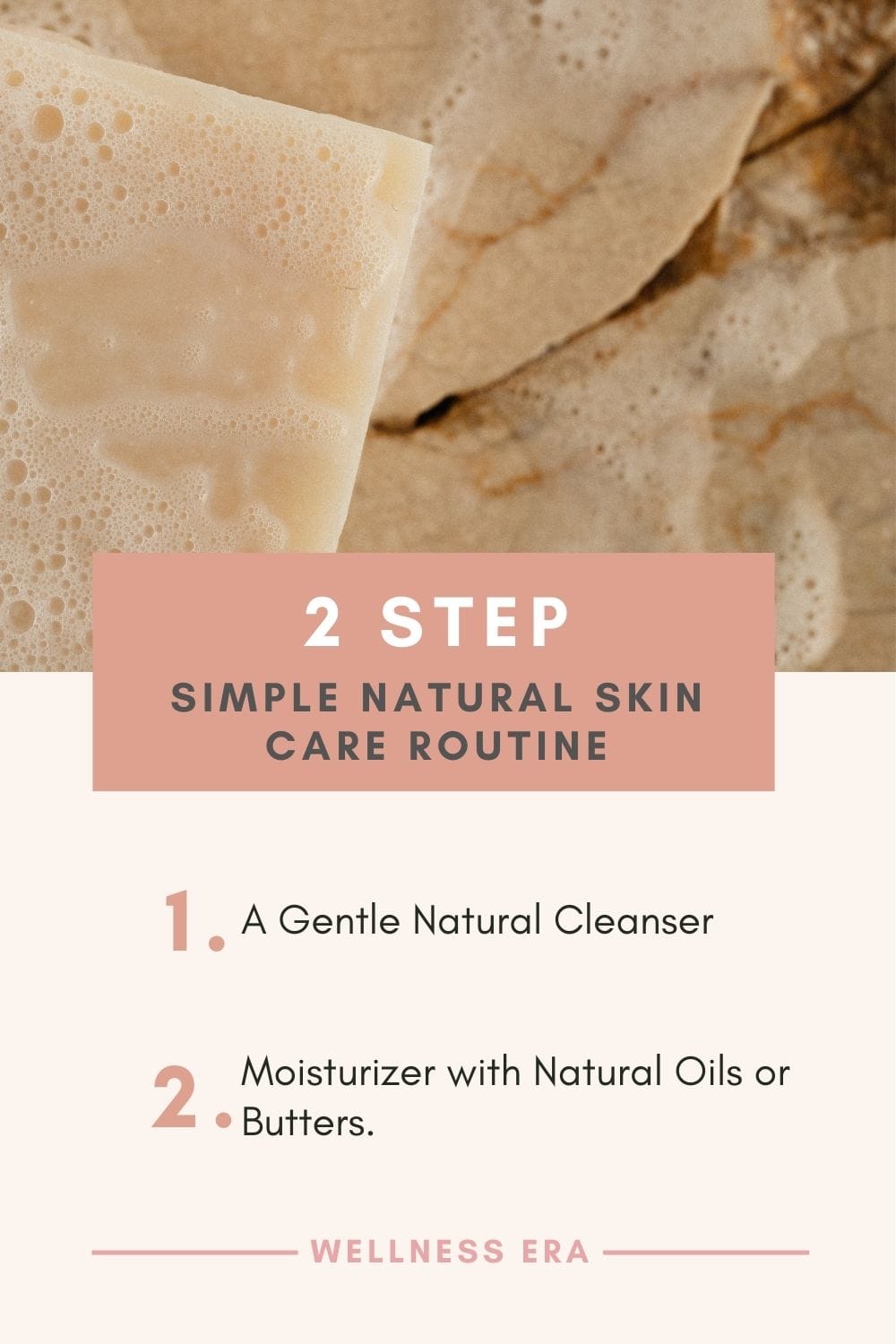
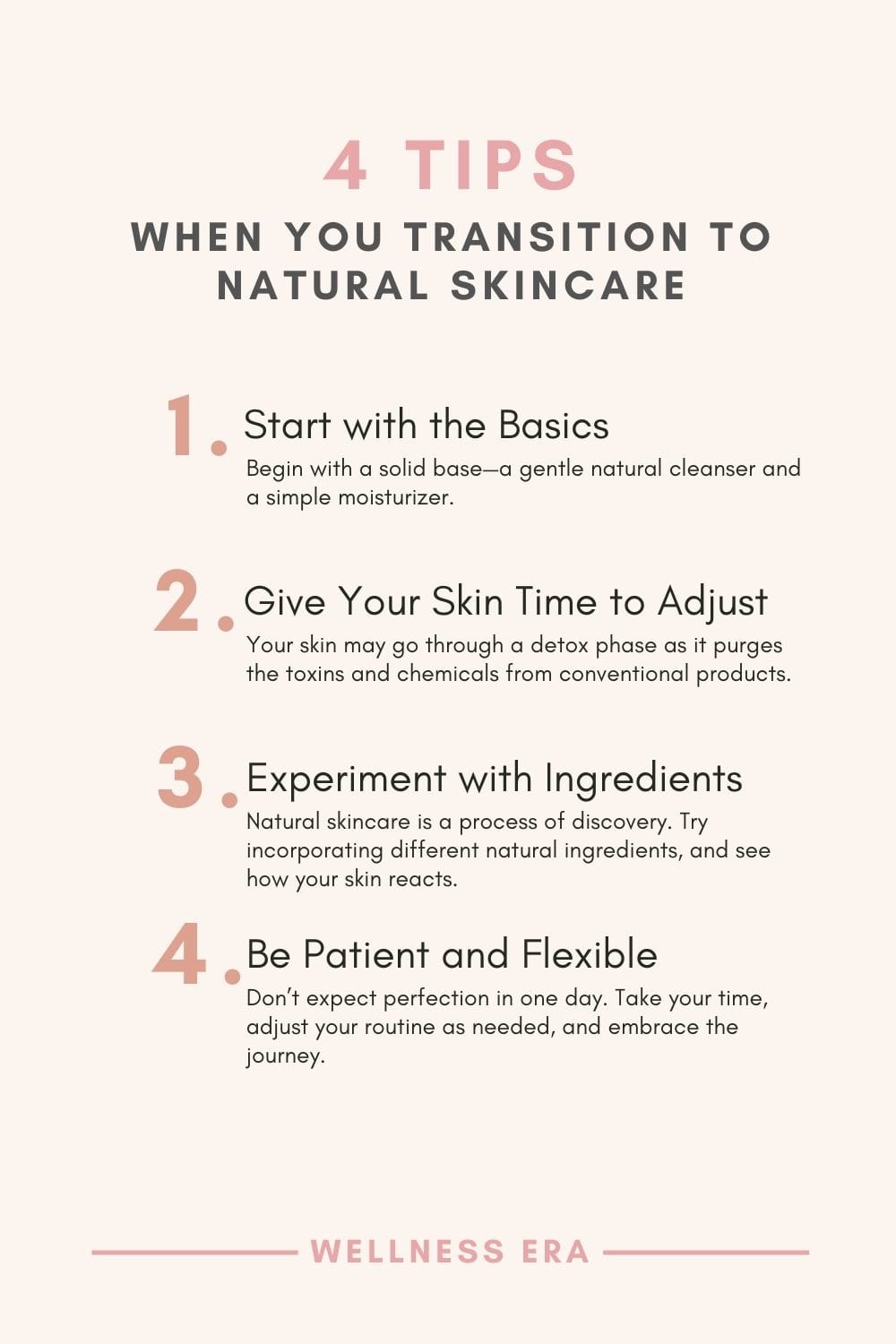
Stick With It for Long-Term Benefits:
The key to success with natural skincare is persistence. It may take a little while for your skin to fully adjust, but once it does, you’ll start seeing real, lasting benefits. Trust the process, listen to your skin, and remember: natural skincare is all about finding what works for you.

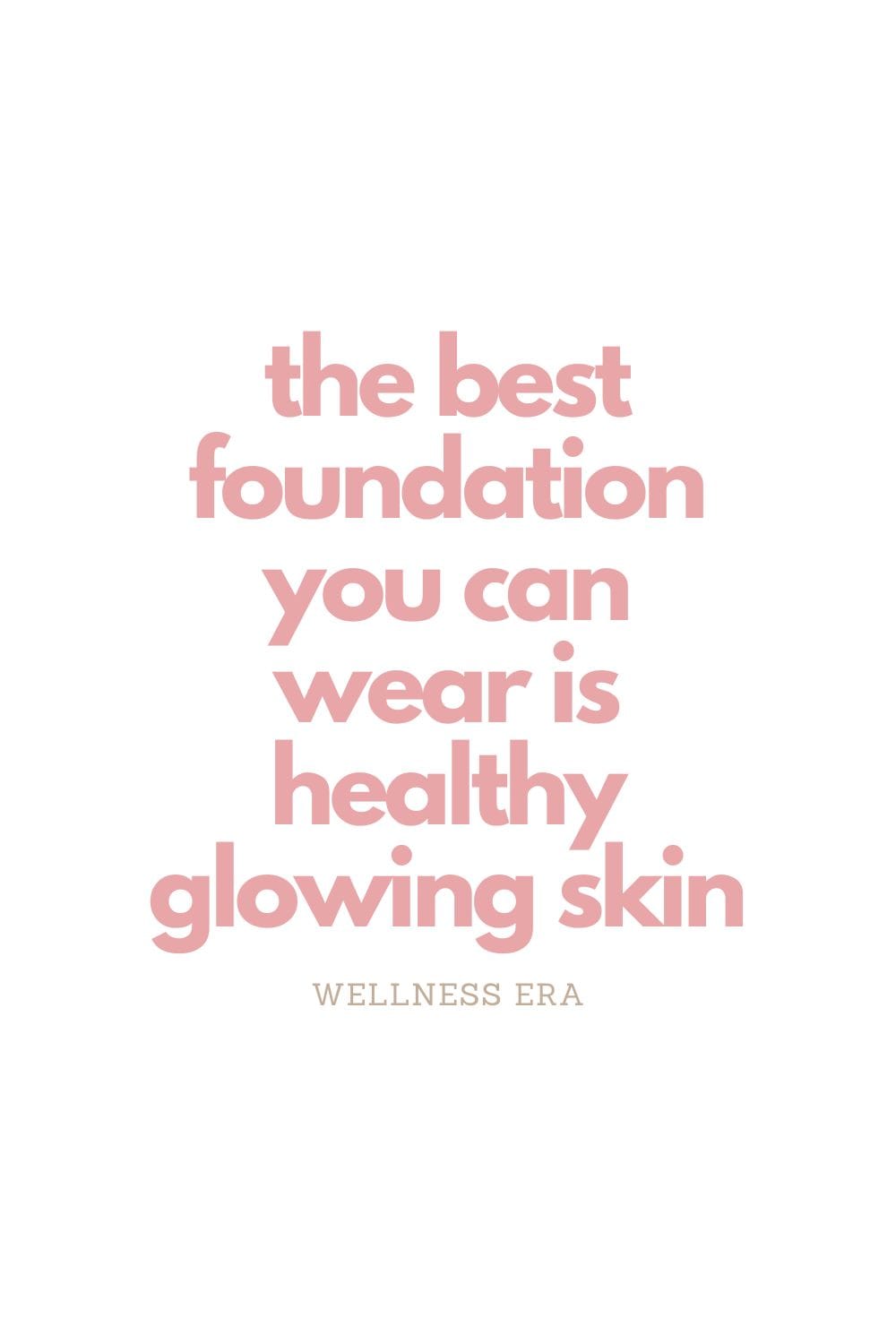
8. The Long-Term Benefits of Clean Beauty: Beyond the Glow
Switching to clean beauty isn’t just about short-term results like glowing skin—it’s about investing in your long-term health, well-being, and the planet. Clean beauty goes far beyond surface-level beauty, offering benefits that last a lifetime.
Healthier Skin Over Time
One of the biggest advantages of clean beauty is the way it supports long-term skin health. Natural, non-toxic ingredients work with your skin's natural processes, providing nourishment rather than stripping it of its natural oils. Ingredients like aloe vera, rosehip oil, and green tea extract are rich in antioxidants, vitamins, and essential fatty acids that not only give you a radiant complexion but also help repair damage and prevent premature aging (Surjushe et al., 2008; Faria et al., 2011).
Reduced Exposure to Harmful Chemicals
Many conventional beauty products contain chemicals like parabens, phthalates, and artificial fragrances—ingredients that can have harmful long-term effects on your health. Studies suggest that prolonged exposure to these chemicals may disrupt hormones, lead to allergic reactions, and even contribute to more serious health issues (Darbre et al., 2004; Singh & Gupta, 2016). Clean beauty eliminates these harmful substances, protecting both your skin and your overall health.
Sustainable Beauty for a Better Planet
Clean beauty is about more than just what you put on your skin—it’s also about how these products impact the environment. Many natural beauty brands are committed to eco-friendly practices like sourcing organic ingredients, using sustainable packaging, and avoiding harmful chemicals that pollute the earth. By choosing clean beauty, you’re supporting brands that prioritize the planet, reduce waste, and focus on cruelty-free production. This is beauty that benefits both you and the world around you.
Long-Lasting Results
Unlike conventional products that often rely on silicones and synthetic fillers to create the illusion of smoother skin, clean beauty delivers real, long-term results. With consistent use, natural ingredients work to improve the skin’s texture, reduce redness and irritation, and boost hydration from within (Zhou et al., 2021). Your skin becomes healthier, stronger, and more resilient over time—no quick fixes, just lasting beauty.
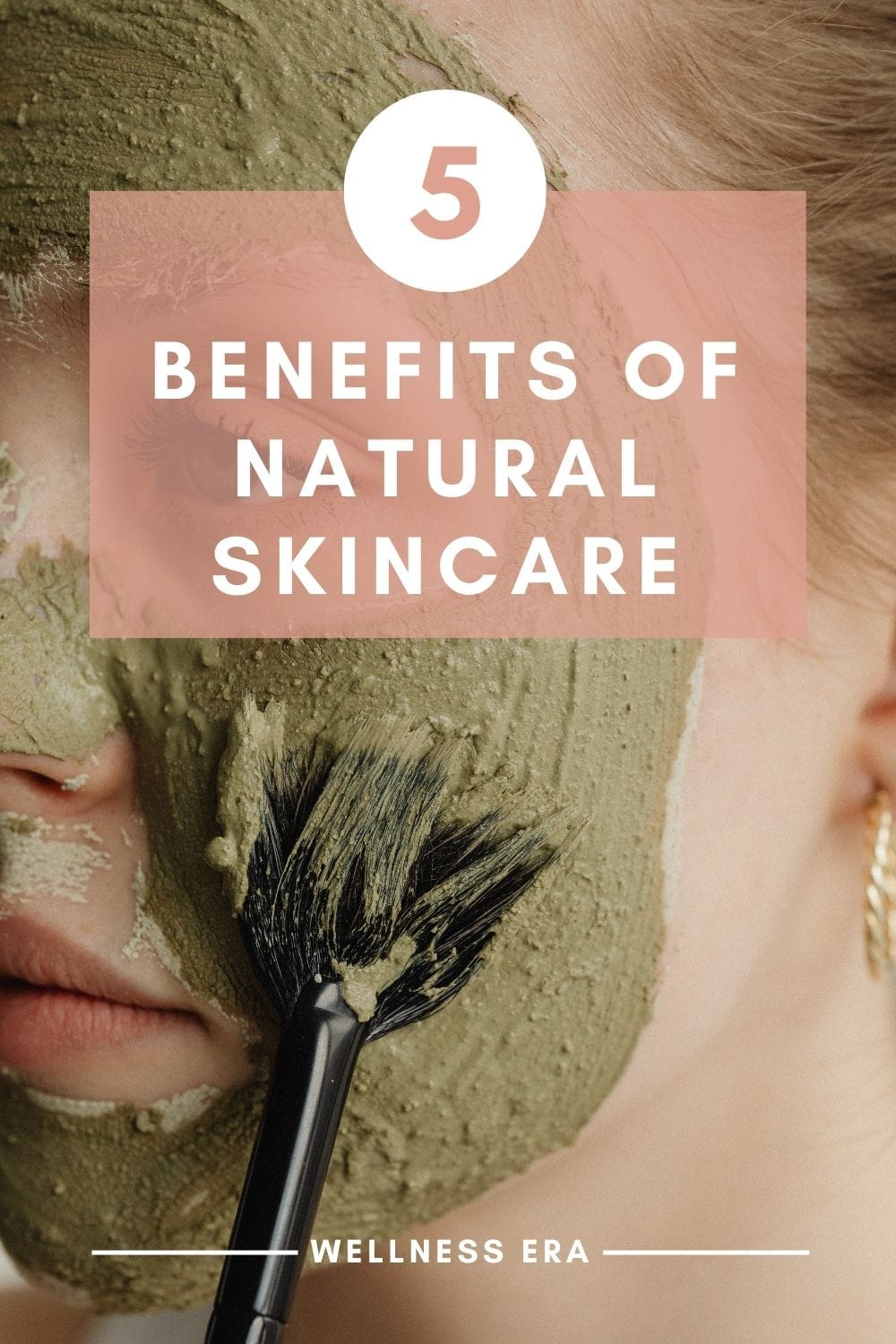
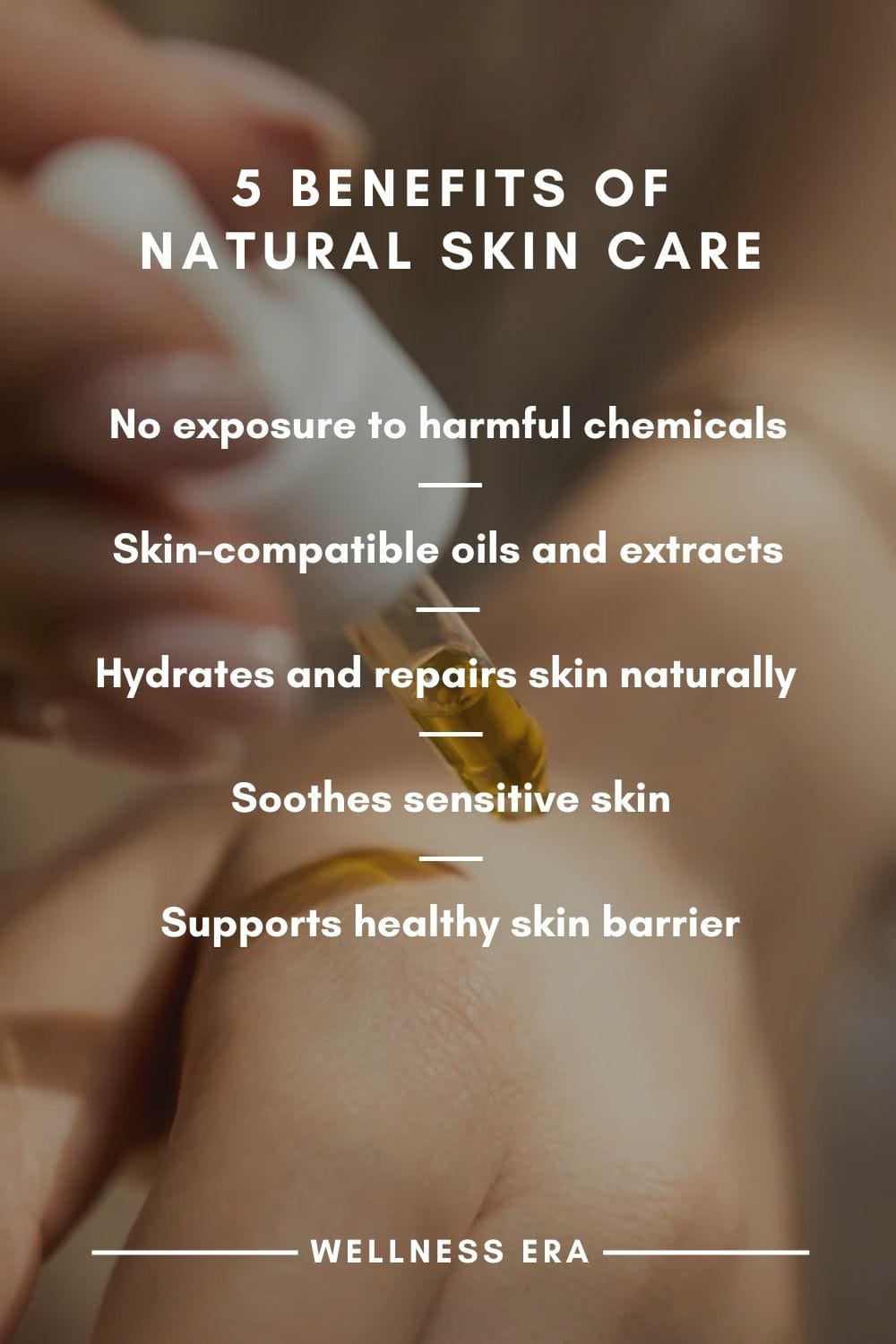
Clean beauty is more than a trend - It’s a movement toward healthier living and conscious consumption. By choosing natural, toxin-free products, you’re not just improving the appearance of your skin, but you’re also investing in long-term health, supporting sustainability, and helping to create a more eco-conscious world. So when you go clean, you’re not just glowing for a day—you’re glowing for a lifetime.
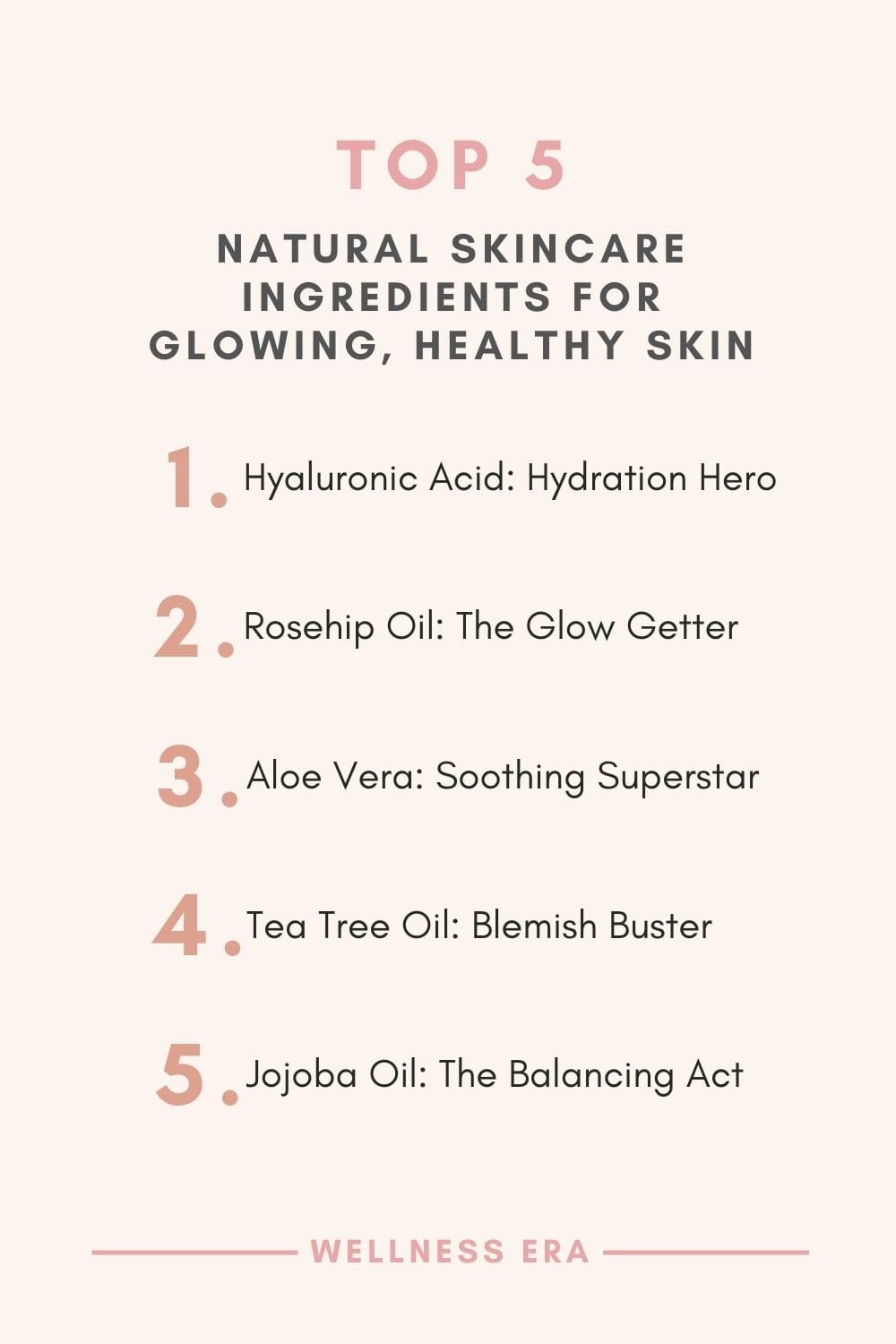
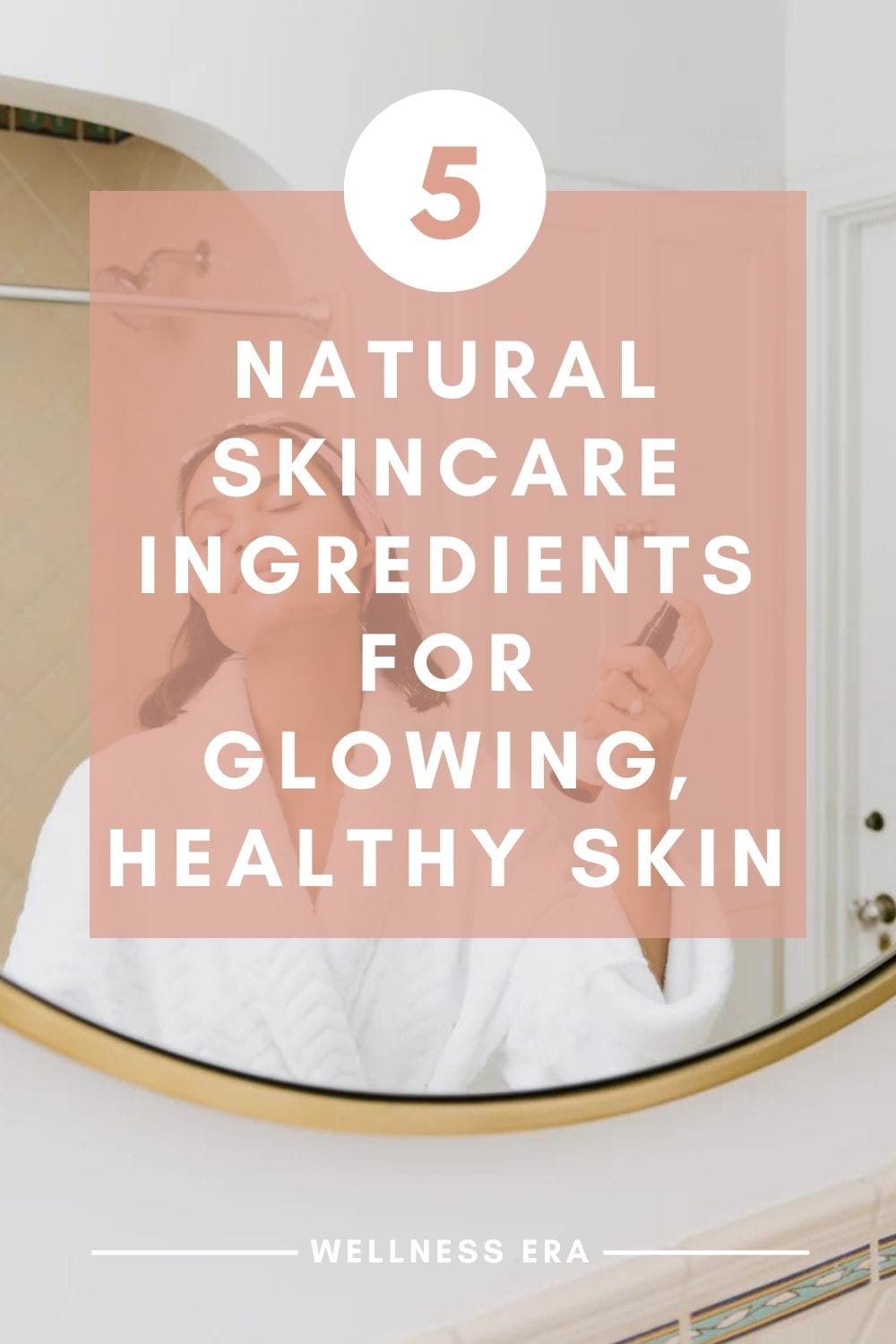
References
Darbre, P.D., Aljarrah, A., Miller, W.R., Coldham, N.G., Sauer, M.J. and Pope, G.S., 2004. Concentrations of parabens in human breast tumours. Journal of Applied Toxicology, 24(1), pp.5-13. (URL: Wiley Online Library)
Faria, C., Calheiros, C., and Queiroz, C., 2011. The Role of Vitamin C and A in Skin Health. Journal of Cosmetic Dermatology, 10(1), pp.38-44. (URL: Wiley Online Library)
Singh, Z. and Gupta, K., 2016. Phthalates: Toxicity and exposure assessment. International Journal of Health Sciences and Research, 6(5), pp.259-272.
Surjushe, A., Vasani, R. and Saple, D.G., 2008. Aloe vera: A short review. Indian Journal of Dermatology, 53(4), pp.163-166. (URL: PubMed Central)
Zhou, B., Xu, Y., Luo, S., Guo, Z., and Zhang, Y., 2021. Anti-inflammatory and skin barrier repair effects of jojoba oil on keratinocytes in vitro. Journal of Dermatological Science, 101(1), pp.50-56. (URL: ScienceDirect)
9. Frequently Asked Questions About Natural Skincare
1. Do natural products expire faster?
Yes, natural skincare products often have a shorter shelf life than conventional ones because they lack synthetic preservatives like parabens. However, many natural products use plant-based preservatives such as vitamin E and essential oils, which help extend their shelf life (Cohen et al., 2002). Not all natural products need to be stored in a cool place—always check the product label for specific storage instructions to ensure optimal freshness.
2. How do I know if a product is truly natural?
While labels like “100% natural” or “natural ingredients” are good indicators, they don’t always guarantee that the product contains only natural ingredients. Some products labeled "natural" may still contain small amounts of synthetic ingredients, so it’s important to read the full ingredient list. If you don’t recognize a name, it doesn’t necessarily mean it’s synthetic—it could be a scientific name for a natural ingredient. Doing your own research or looking for certifications like USDA Organic or EcoCert can help confirm the product’s authenticity.
3. Will I see results as quickly with natural products?
Yes, natural products can show quick results, but this depends on various factors, including your skin type, the specific product used, the concentration of active ingredients, and your consistency in applying it. For example, hyaluronic acid can offer fast hydration, while oils like rosehip may take a bit longer to show anti-aging effects (Stern & Maibach, 2008). Just remember that everyone’s skin reacts differently, so results can vary from person to person.
4. Can I mix different natural ingredients?
Yes! Many natural ingredients complement each other and can be mixed to address various skin concerns. However, some oils, especially essential oils, must be diluted with a carrier oil (like jojoba or almond oil) for safe use on the skin. Essential oils are highly concentrated and should never be applied directly to the skin as they can cause irritation or allergic reactions. Always do a patch test to ensure compatibility with your skin.
5. Are natural products better for sensitive skin?
Yes! Many natural ingredients complement each other and can be mixed to address various skin concerns. However, some oils, especially essential oils, must be diluted with a carrier oil (like jojoba or almond oil) for safe use on the skin. Essential oils are highly concentrated and should never be applied directly to the skin as they can cause irritation or allergic reactions. Always do a patch test to ensure compatibility with your skin.
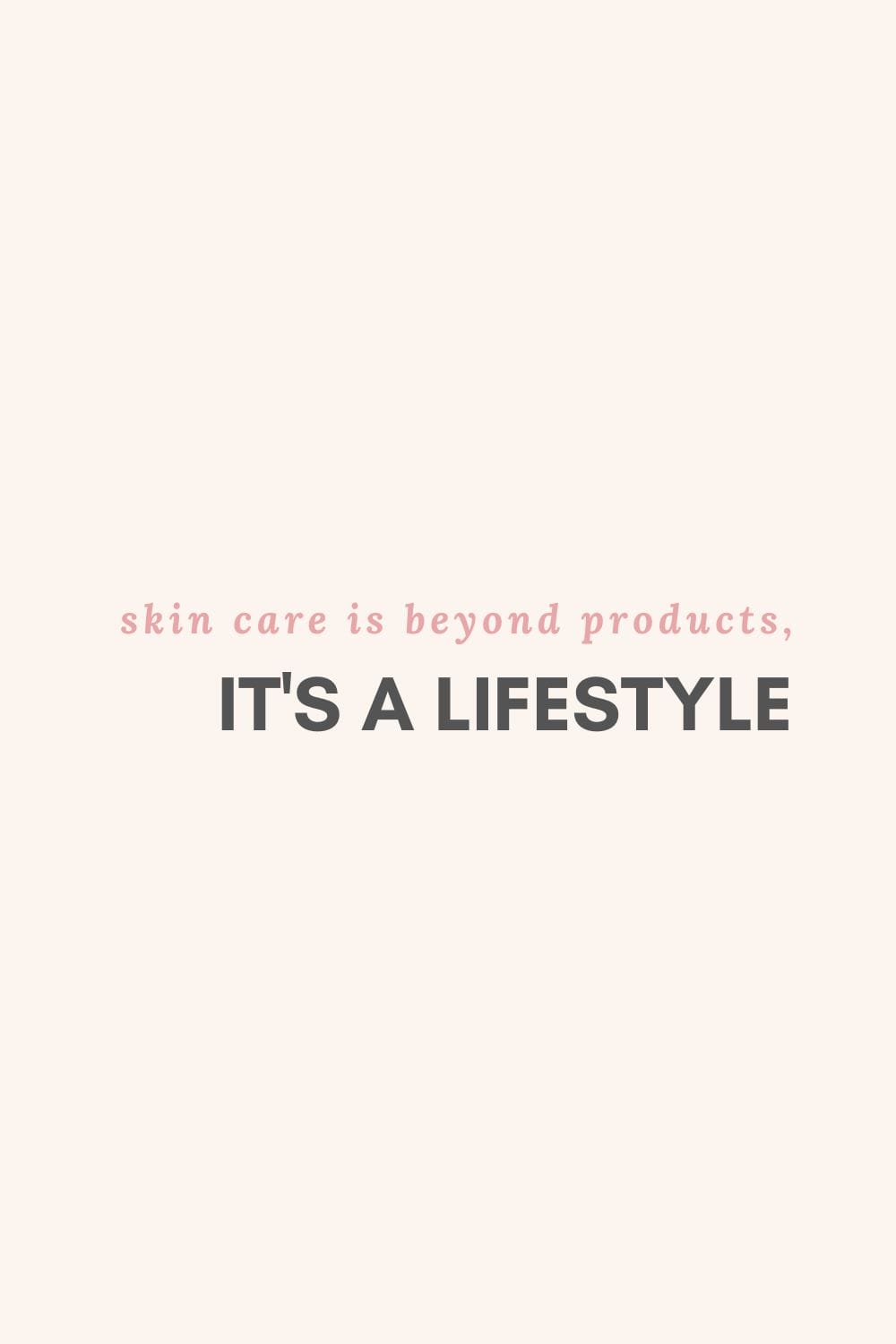

10. Take the First Step Towards Healthier Skin Today
Taking care of your skin naturally isn’t just about looking good—it's about feeling good and knowing you’re nurturing your body with the best ingredients nature has to offer. Natural skincare helps you connect with your skin on a deeper level, giving it the nourishment and love it deserves.
Whether you’re just starting your skincare journey or are ready to take it to the next level, switching to clean beauty can transform your skin and overall well-being. Start small, stay consistent, and don’t be afraid to experiment with what works for you.
Here is something you might also like..
Would you like to receive something special?
Try out the best, inspirational weekly newsletter for your natural wellness era!
My Wellness Era Weekly
SUBSCRIBE TO OUR NEWSLETTER
Your Weekly Dose of Natural Wellness
Fill out the form below, and you will reveice "My Wellness Era Weekly" delivered to your inbox.
What you can expect: a short, warm, and personal note from our founder. Mindset shifts, journal prompts, or self-care reminders. Inspiring quotea related to wellness, mindfulness, or self-love. Small, actionable wellness habits you can try. Recomendations we love, are testing, or recently discovered. Highlights of our latest blog posts.
+++ What we’re loving every single week.
QUICK LINKS
SOCIAL
CATEGORIES



